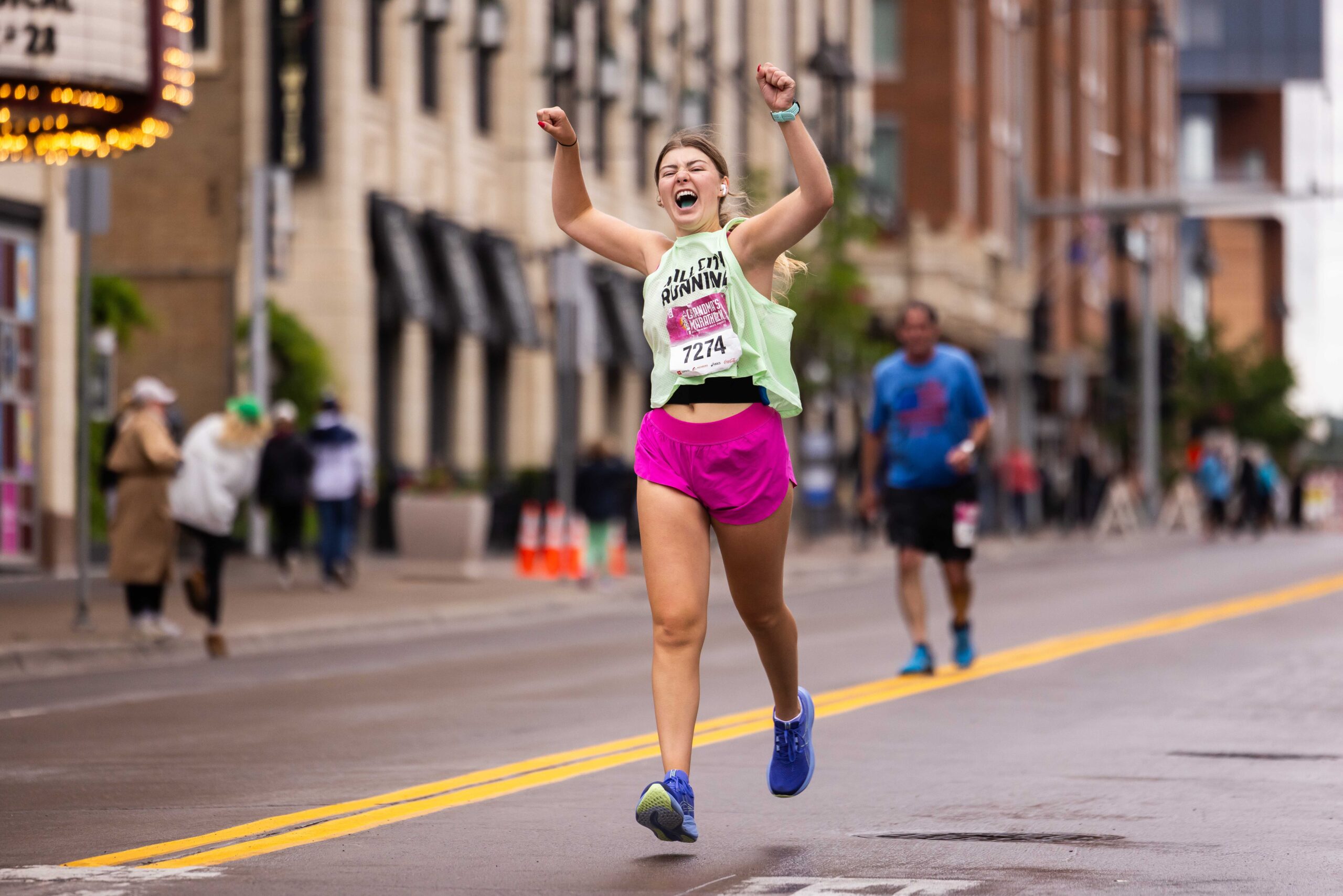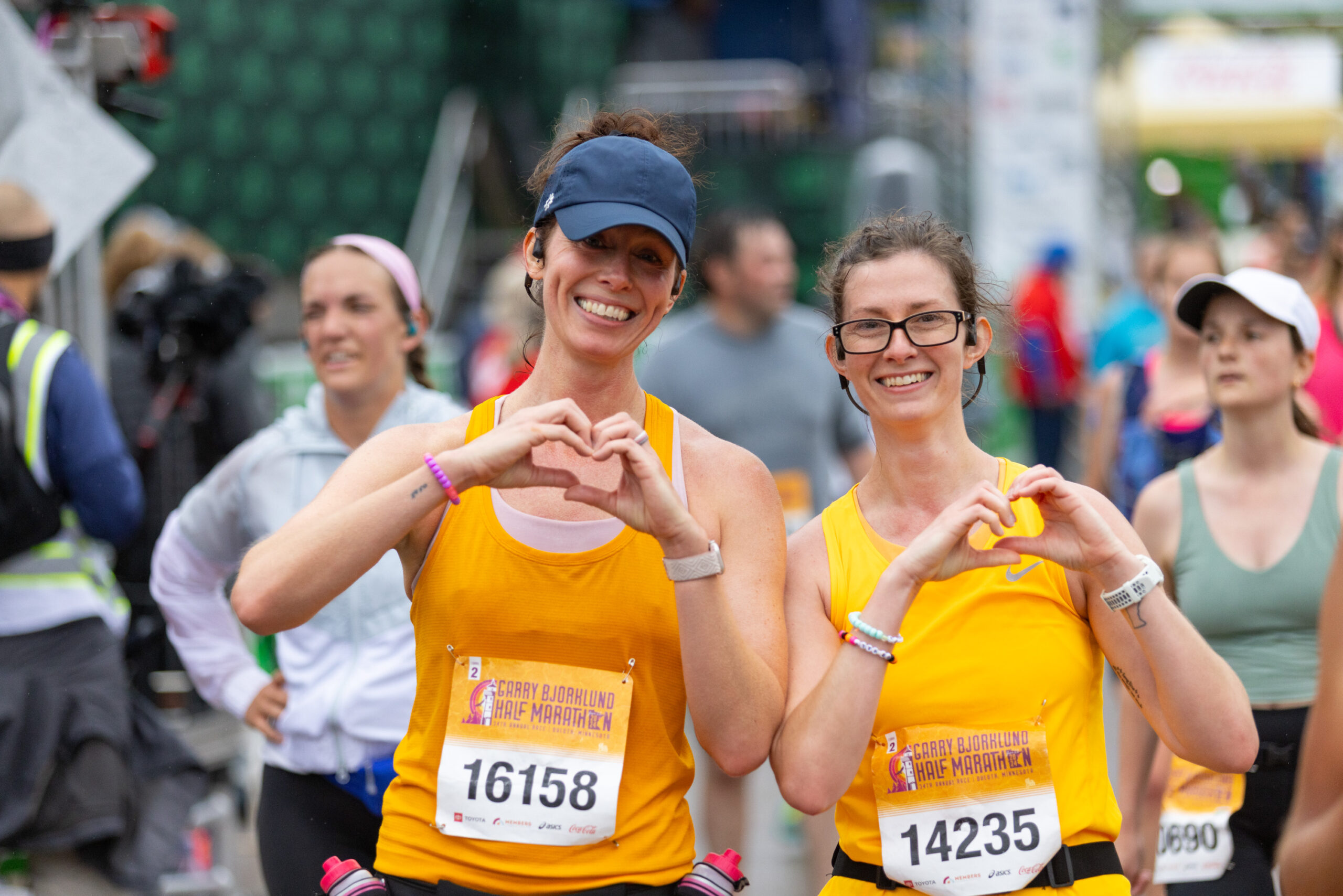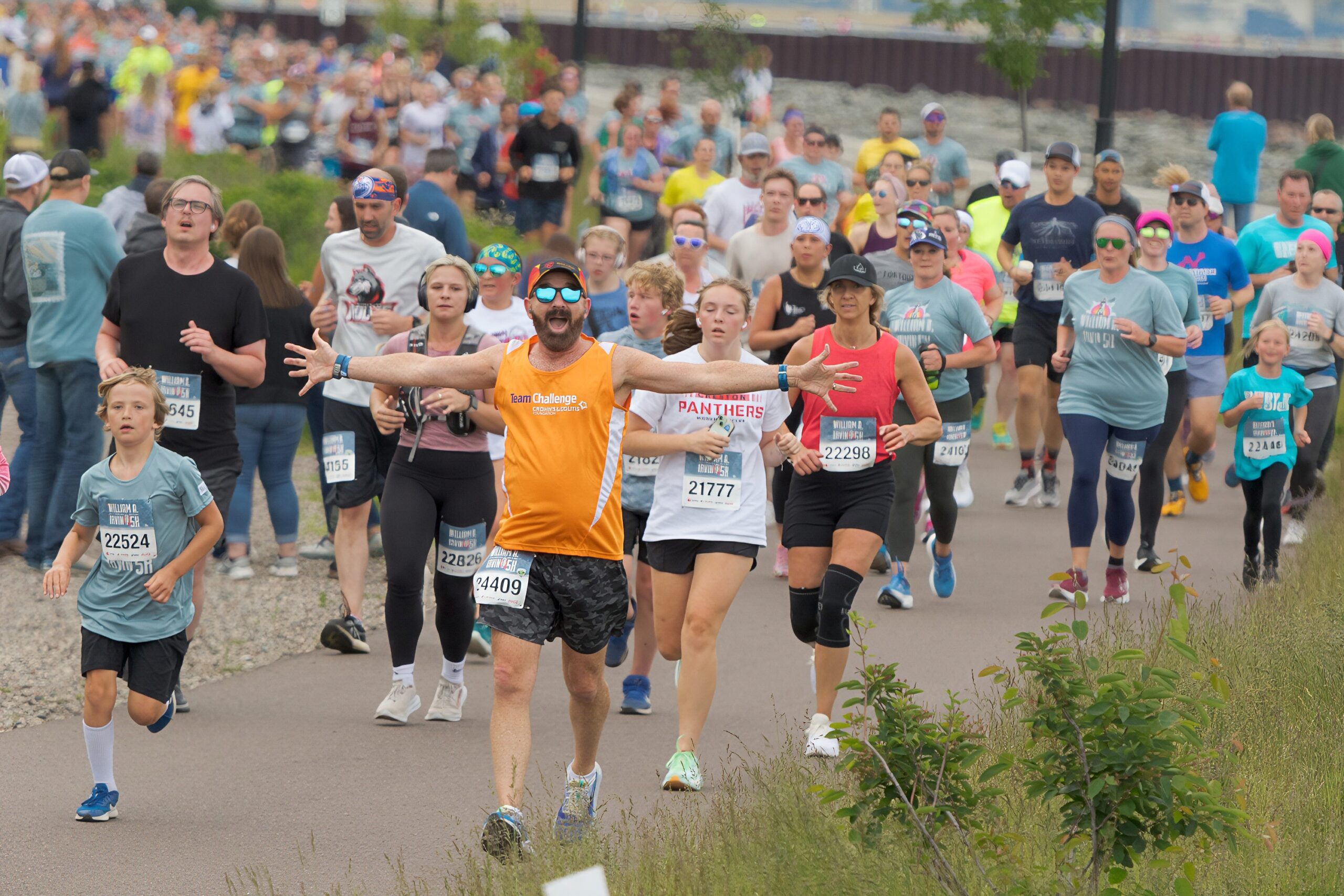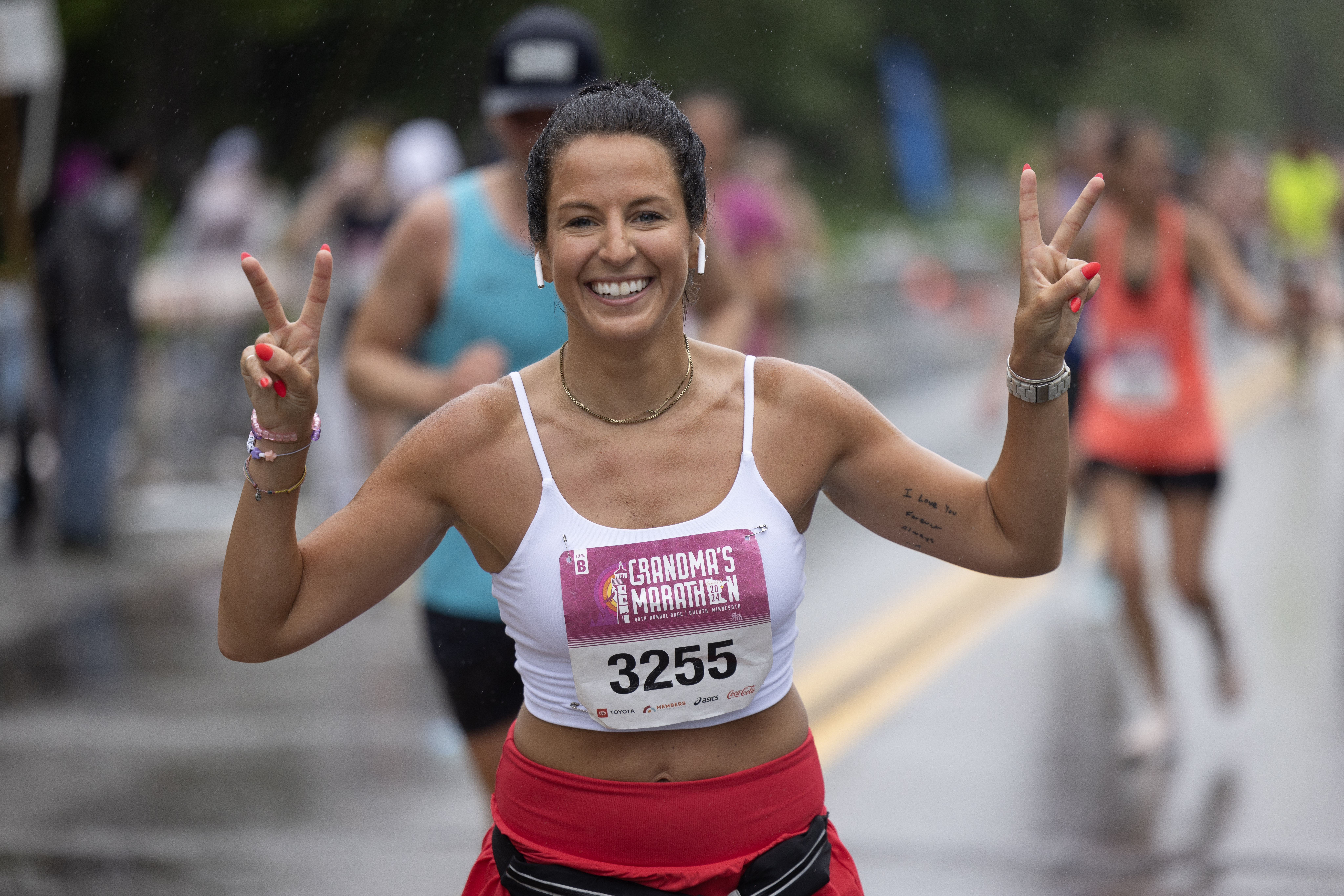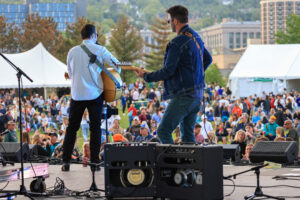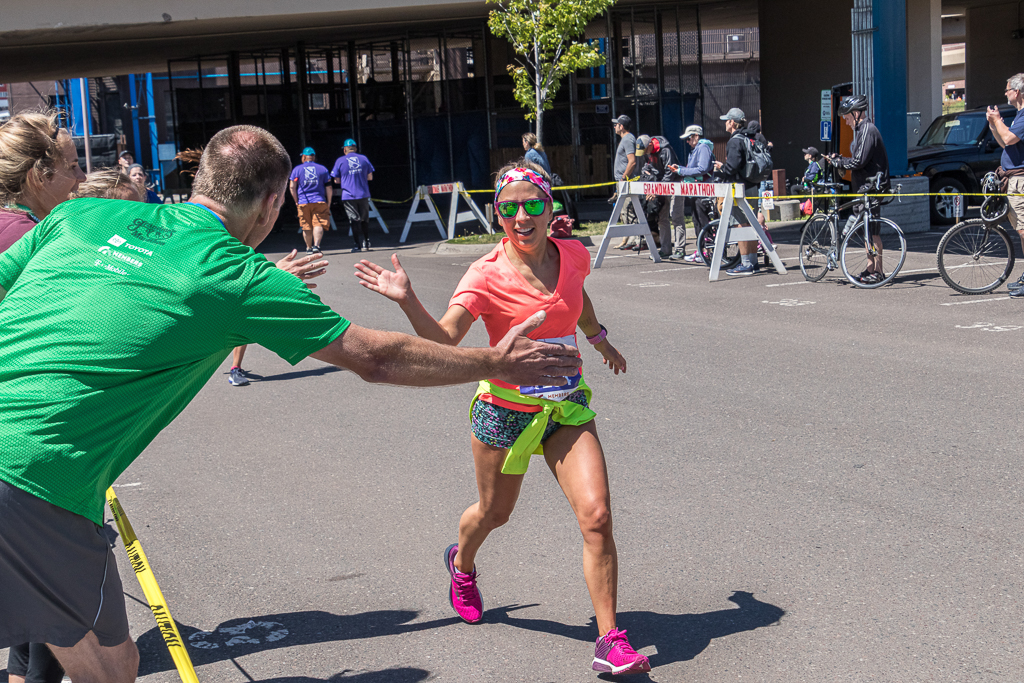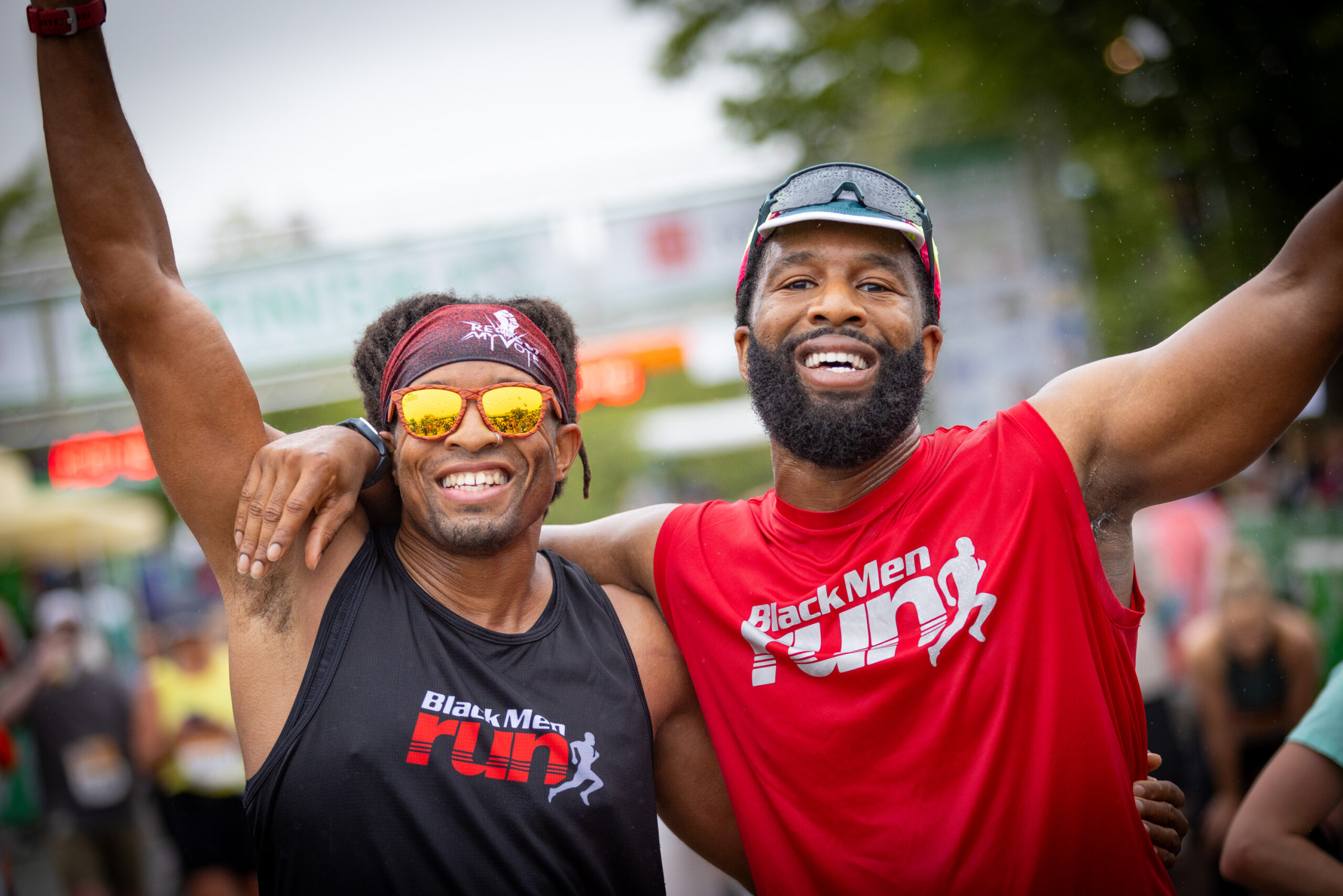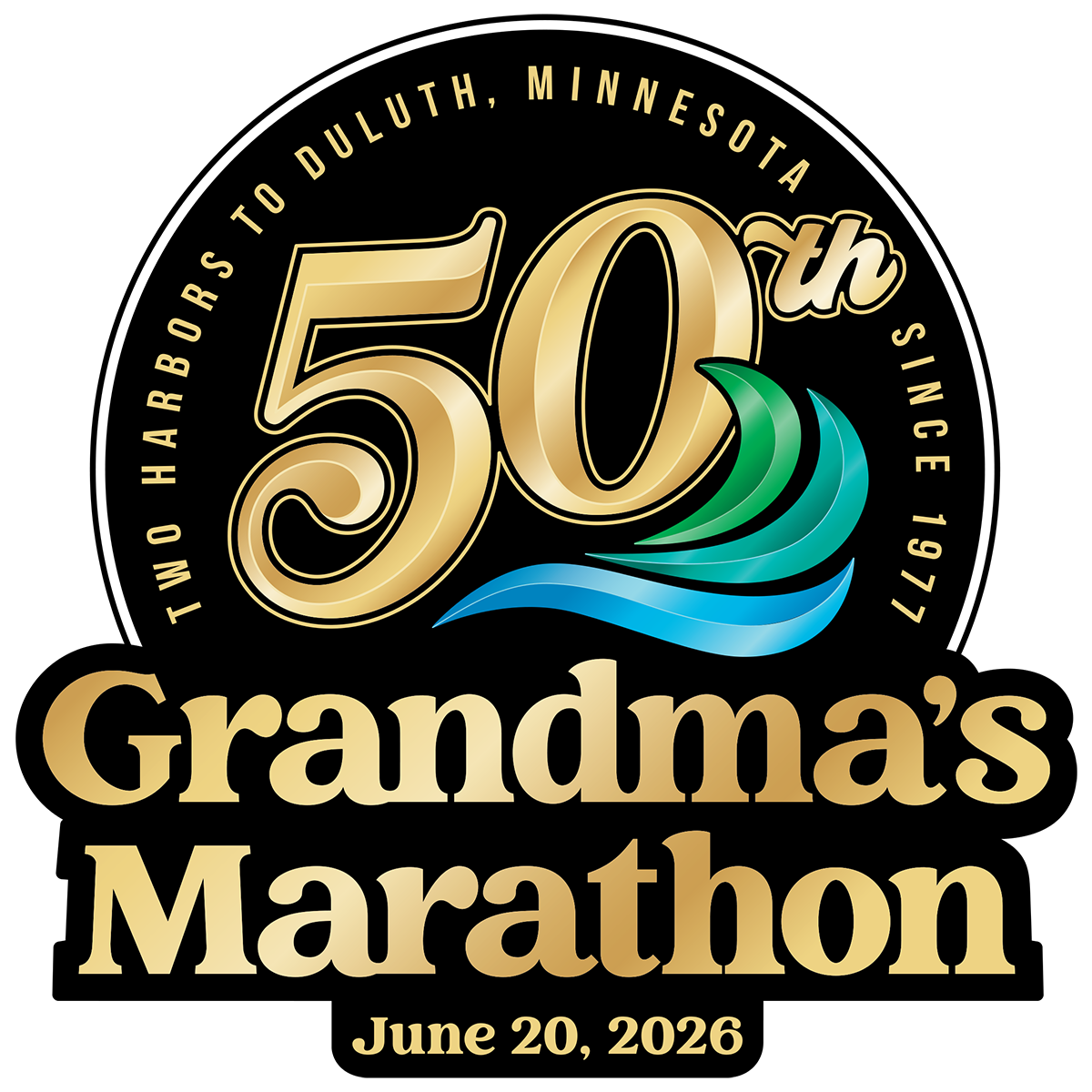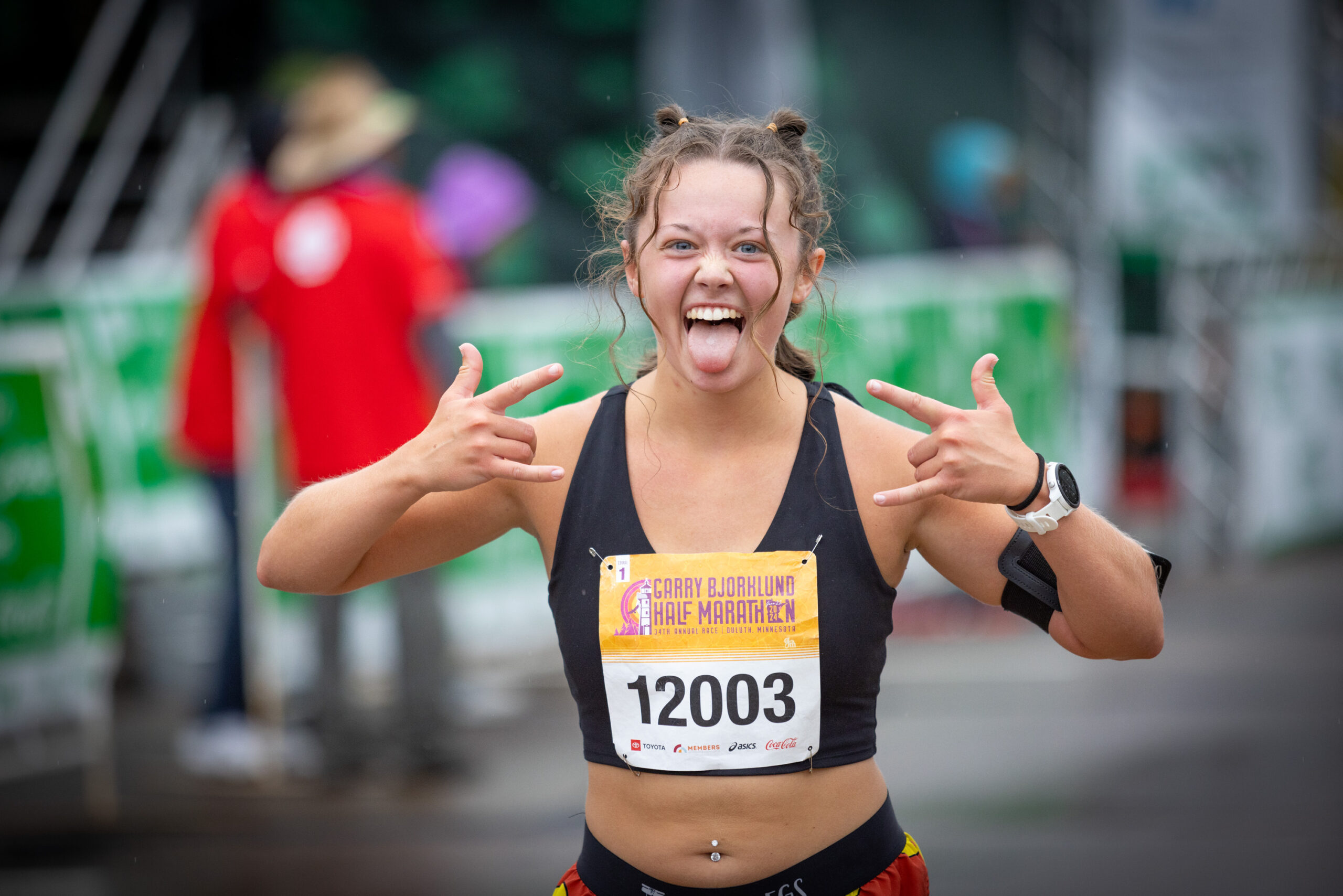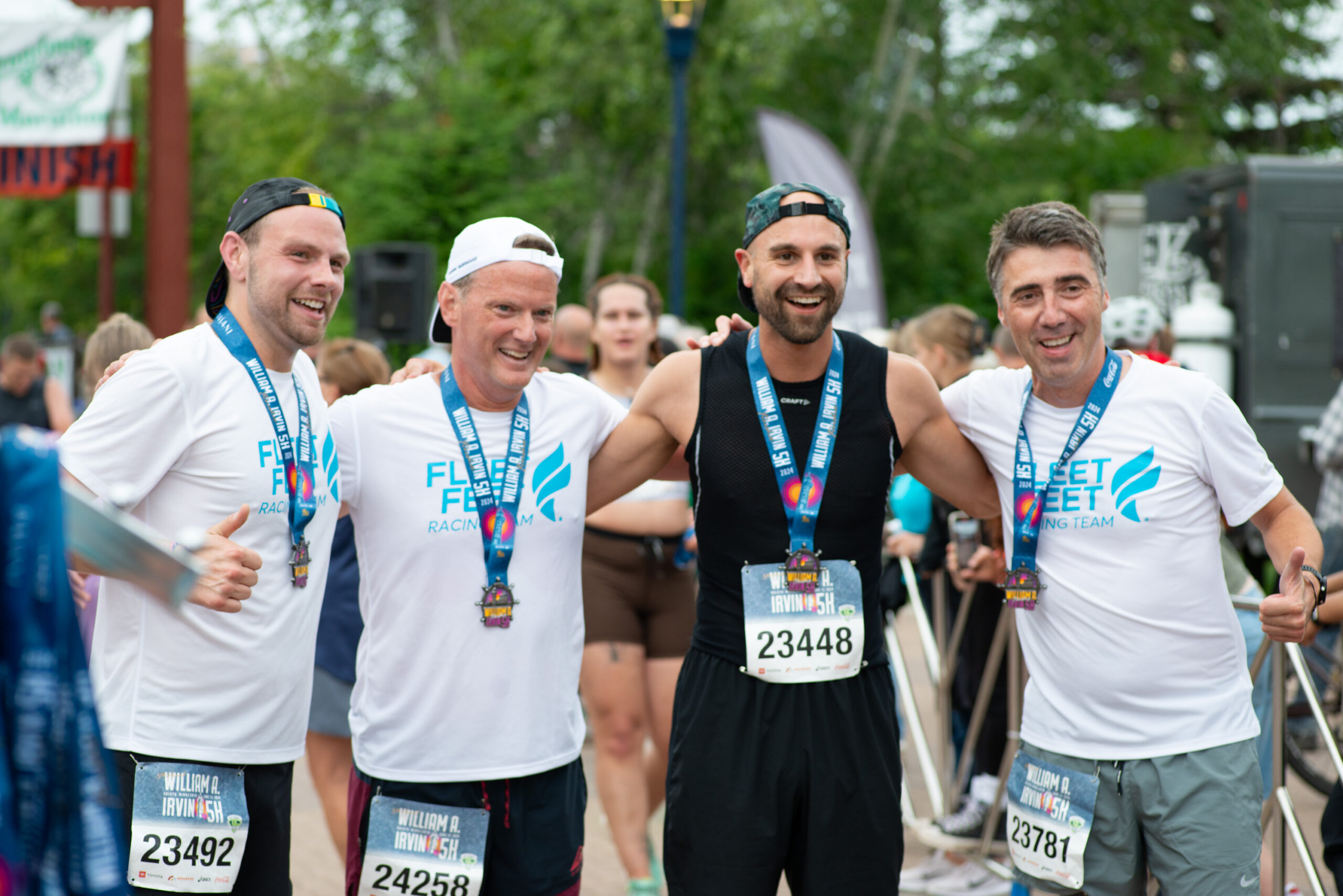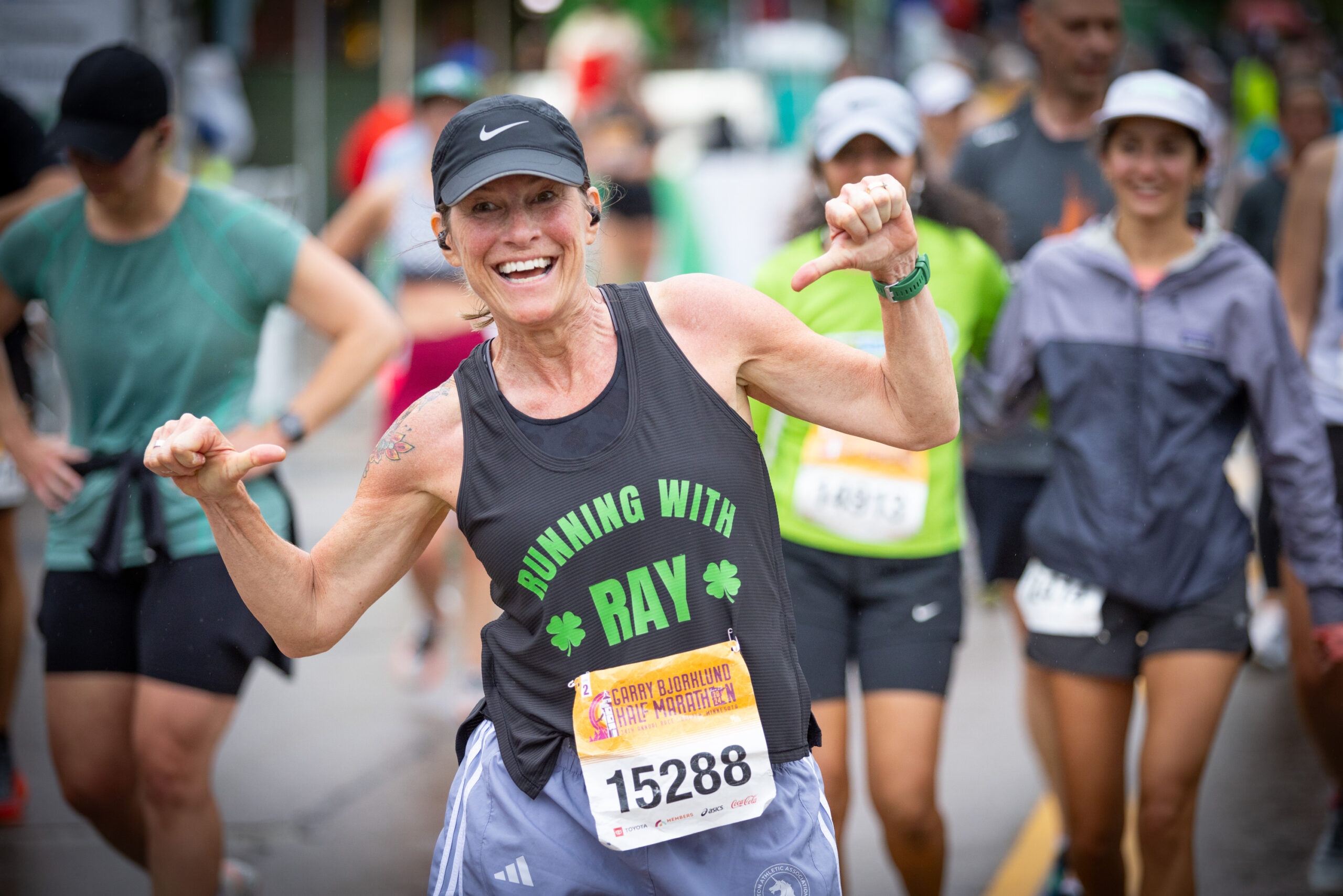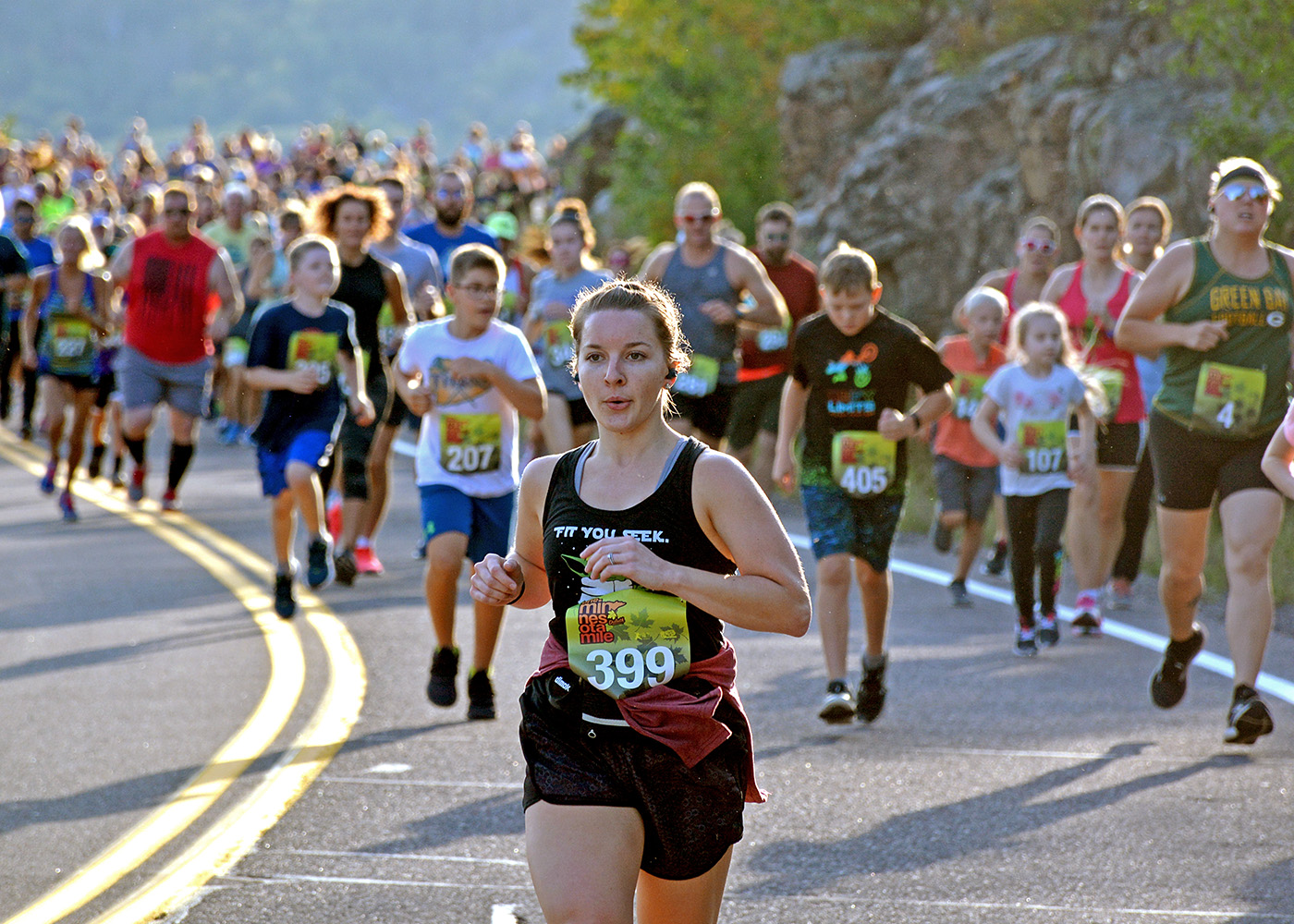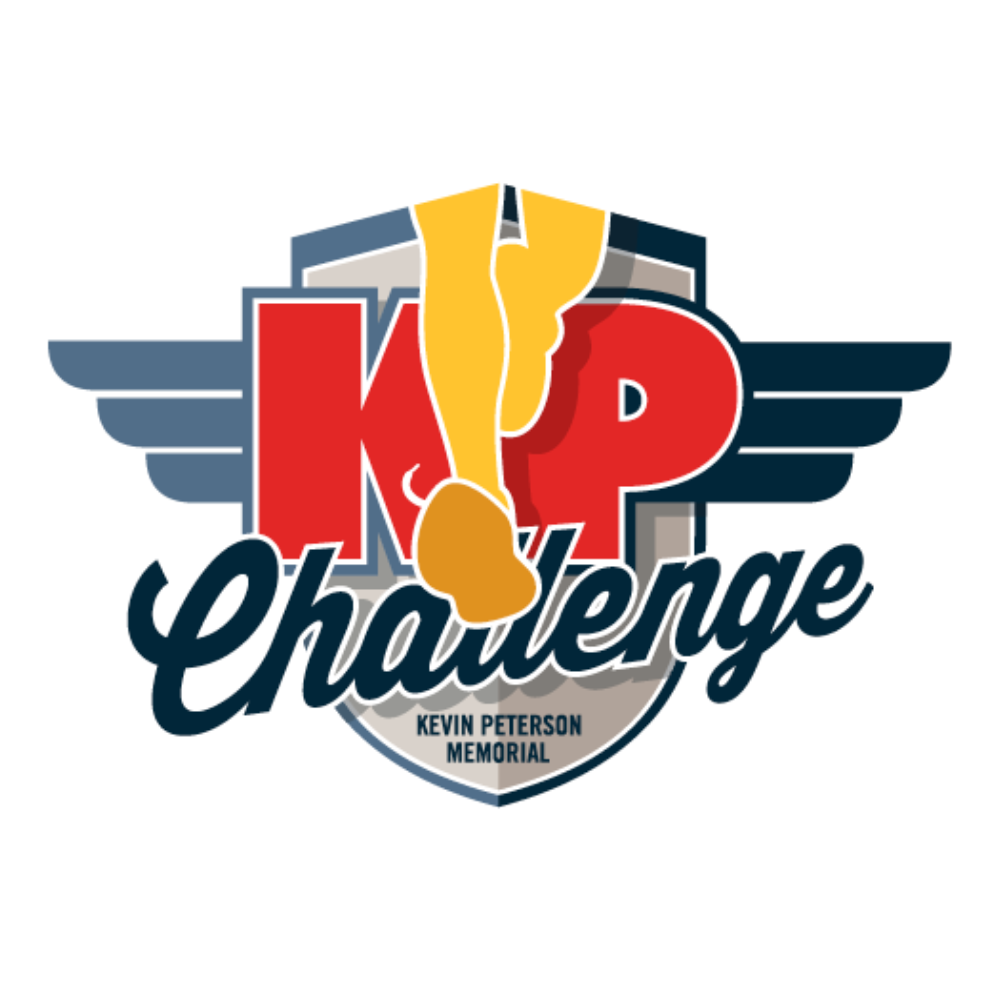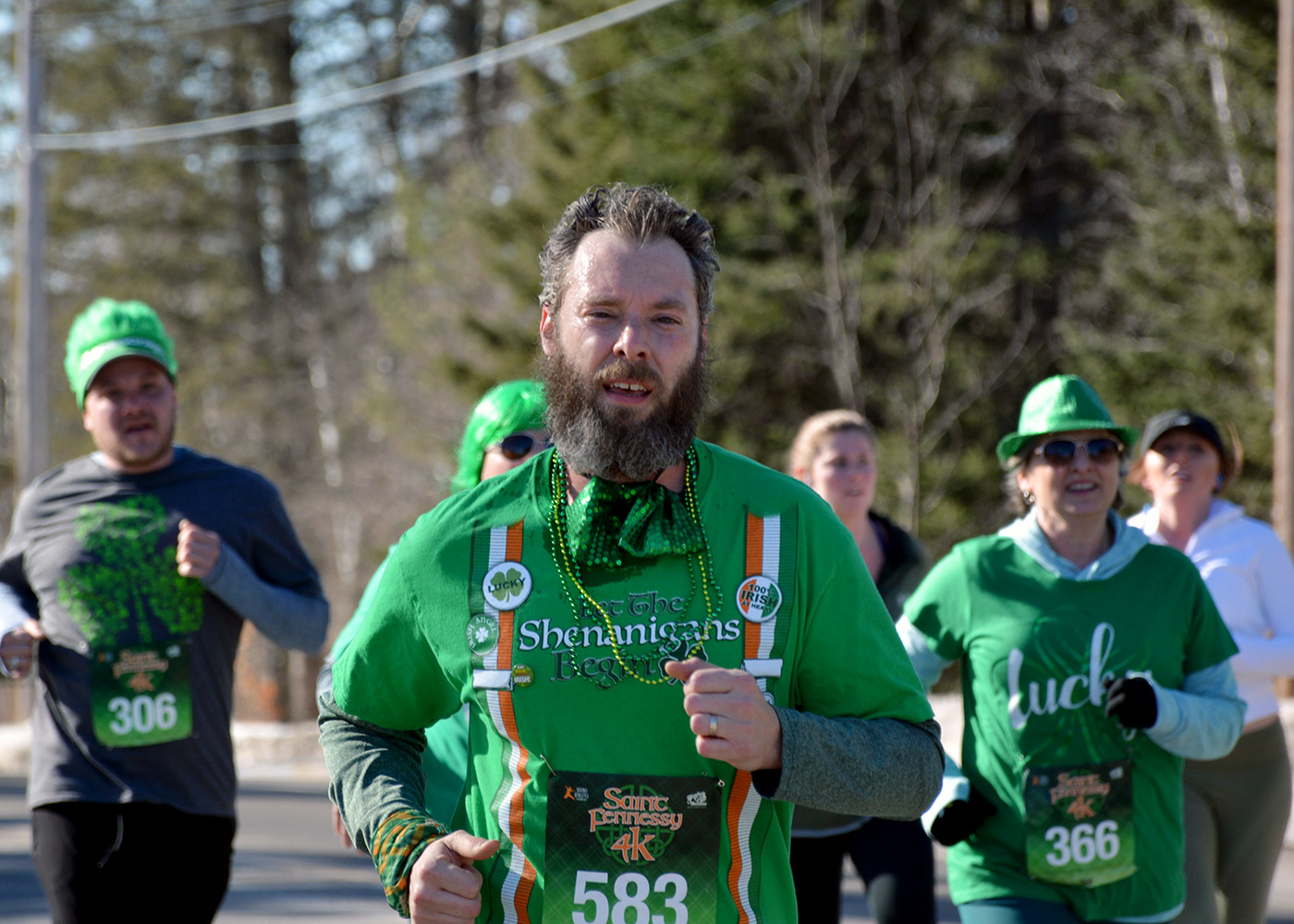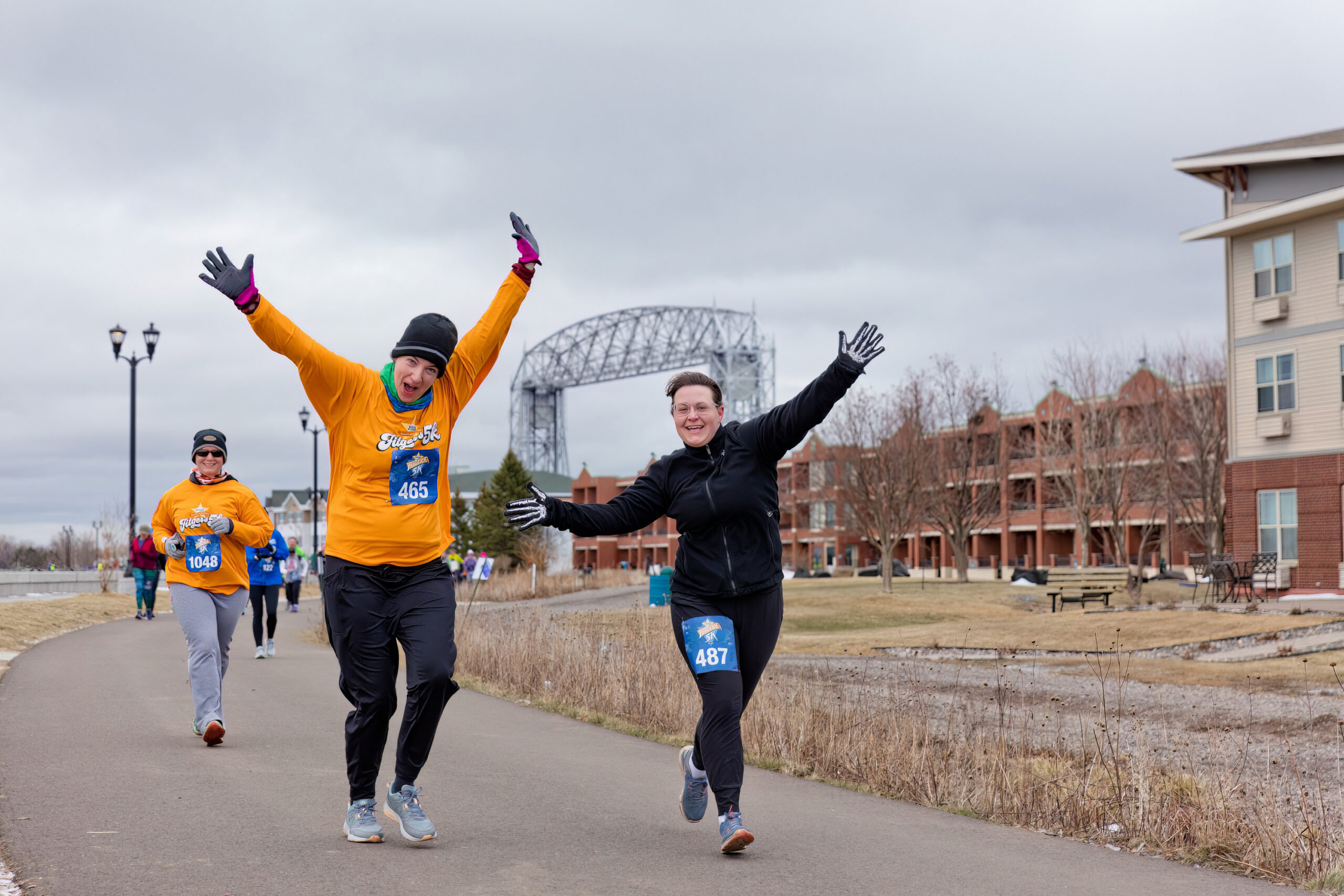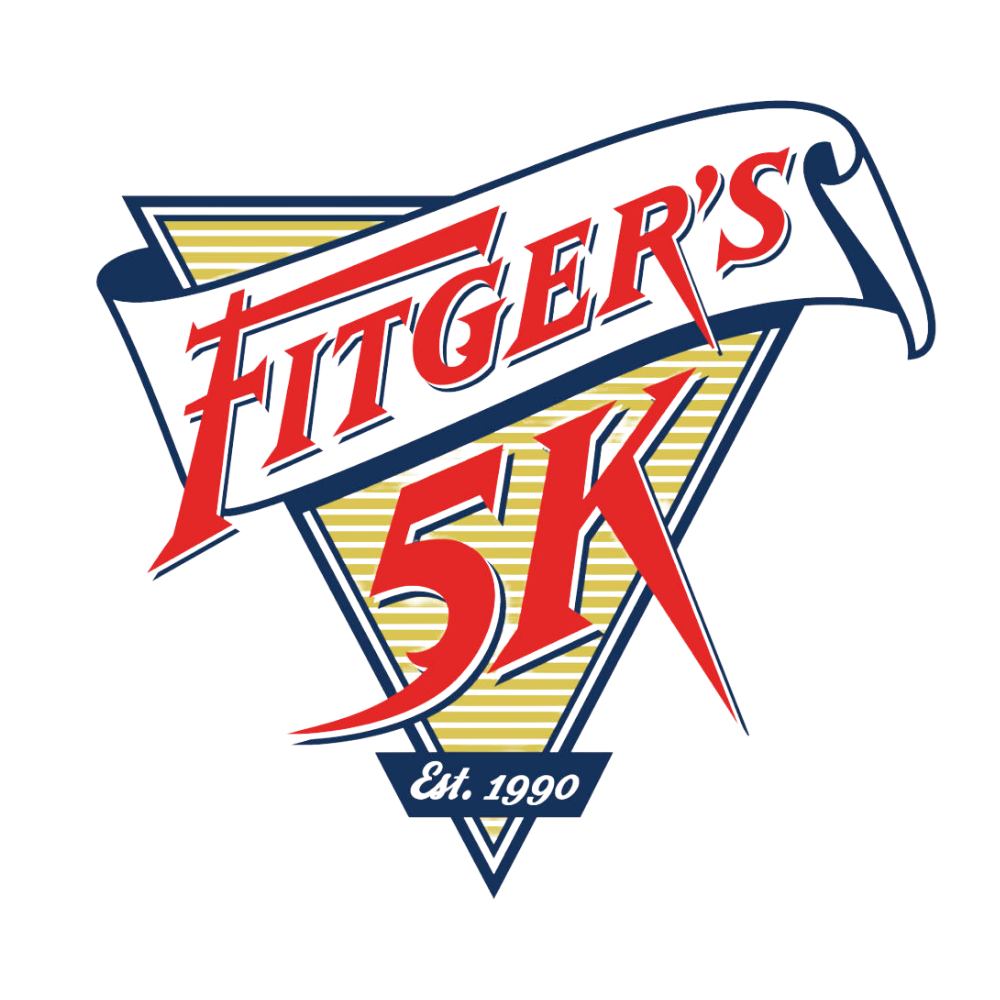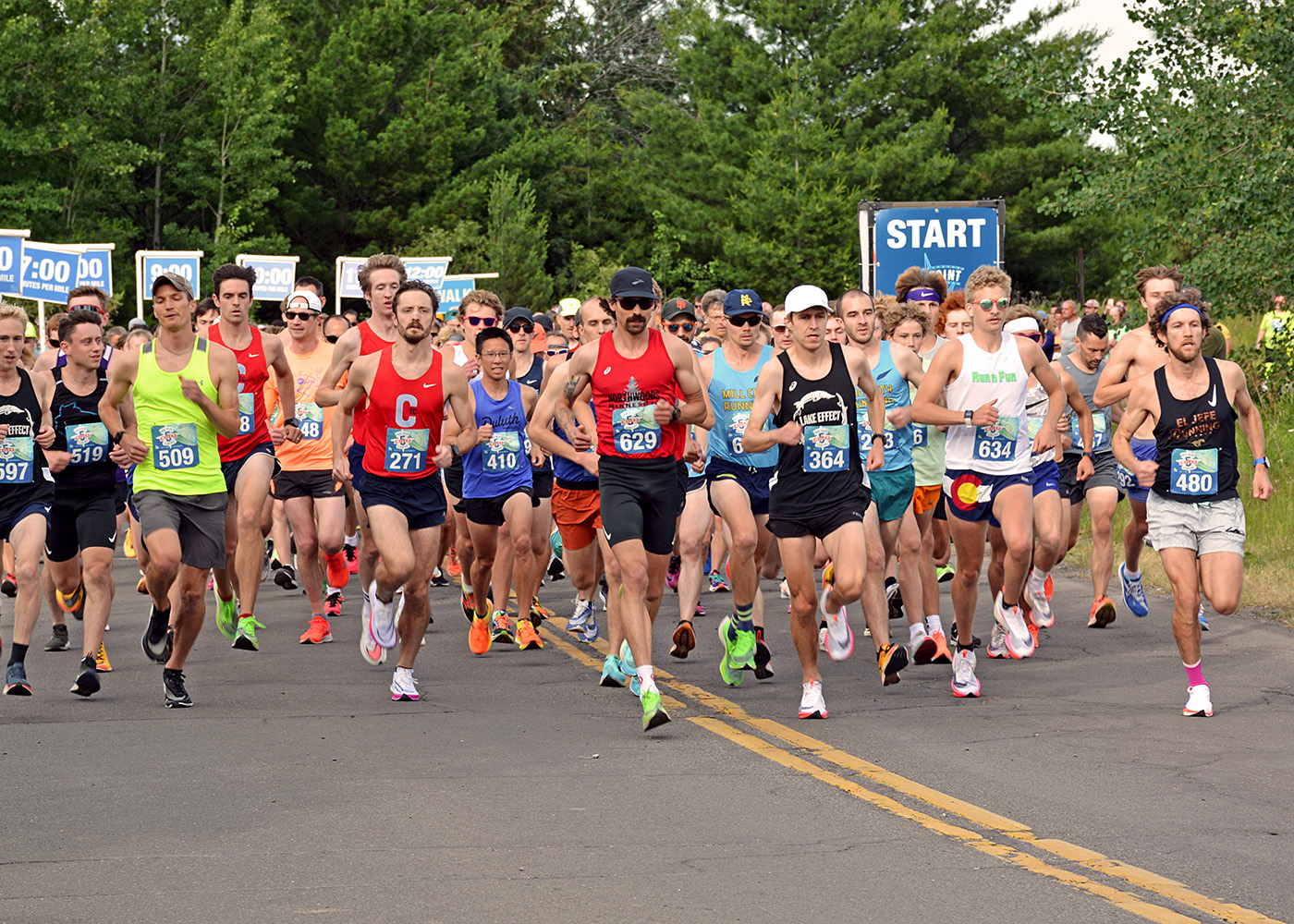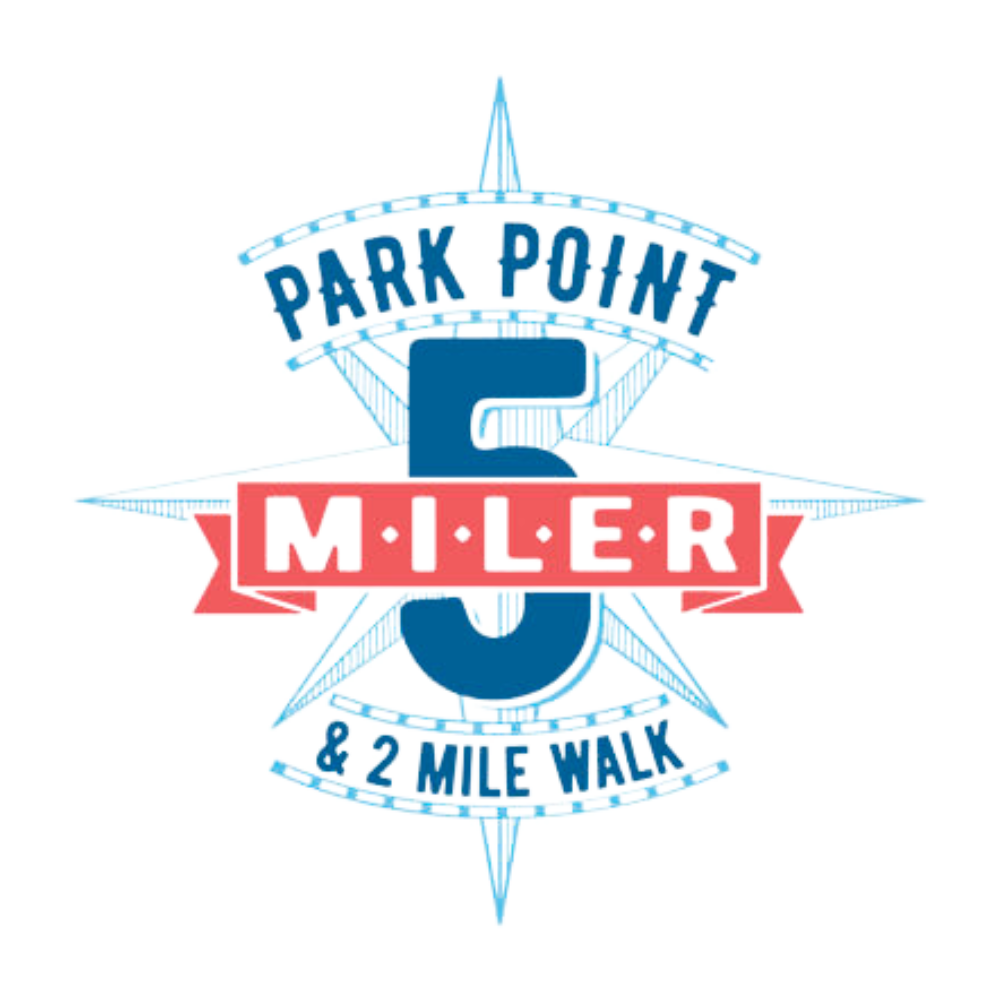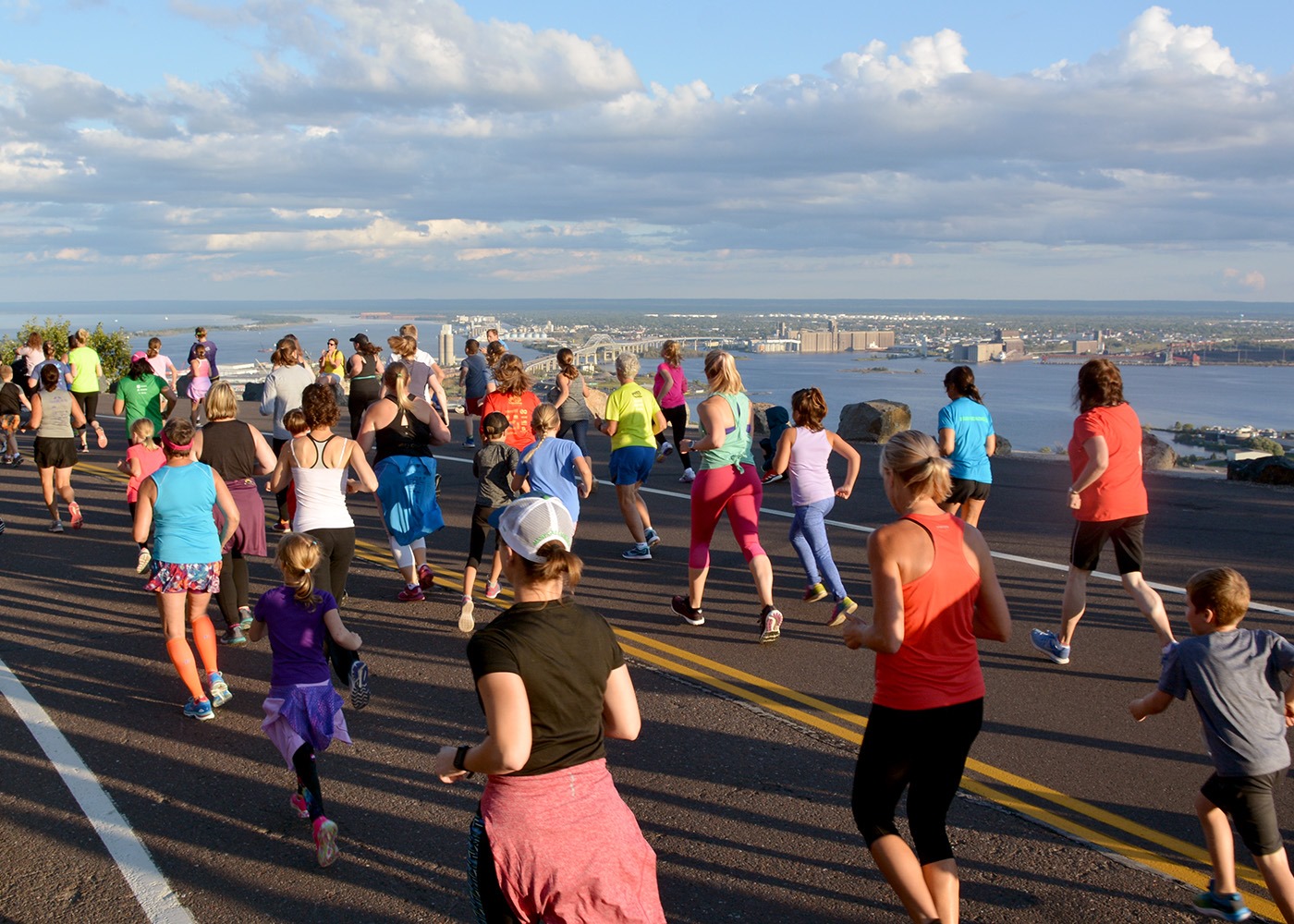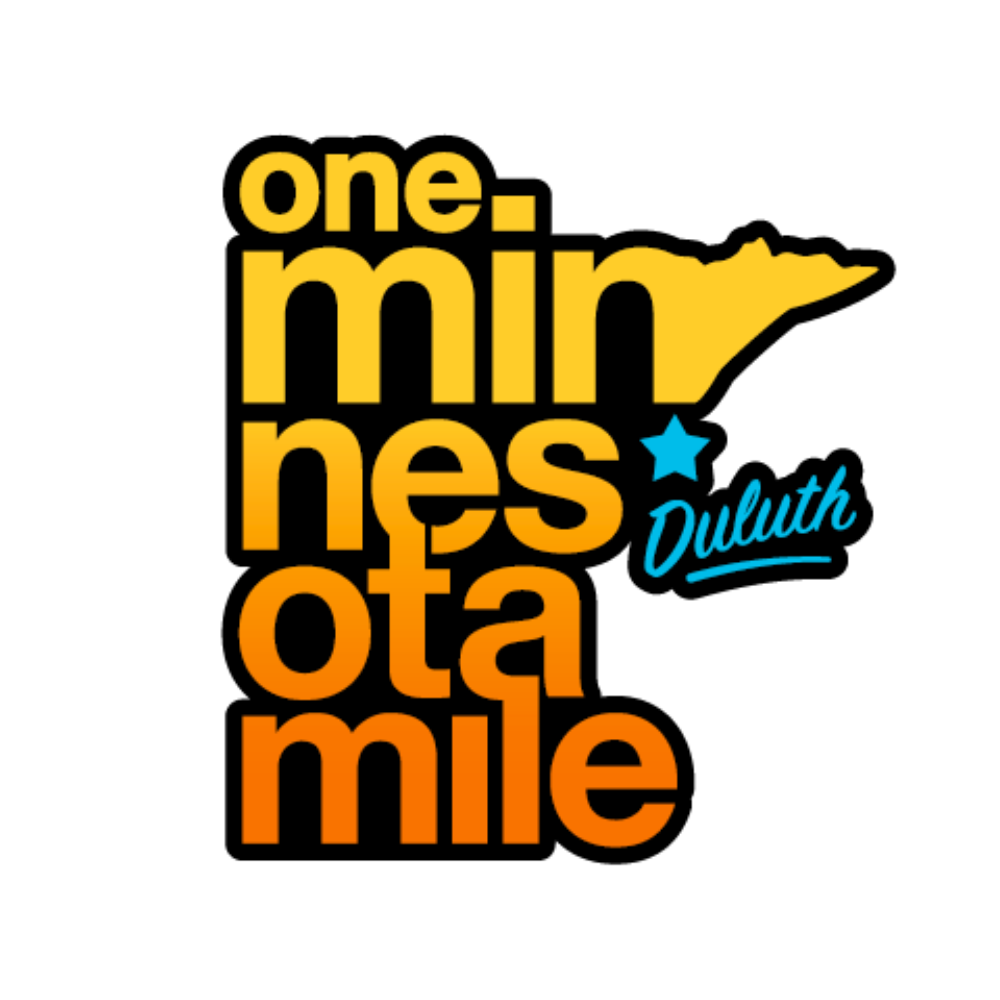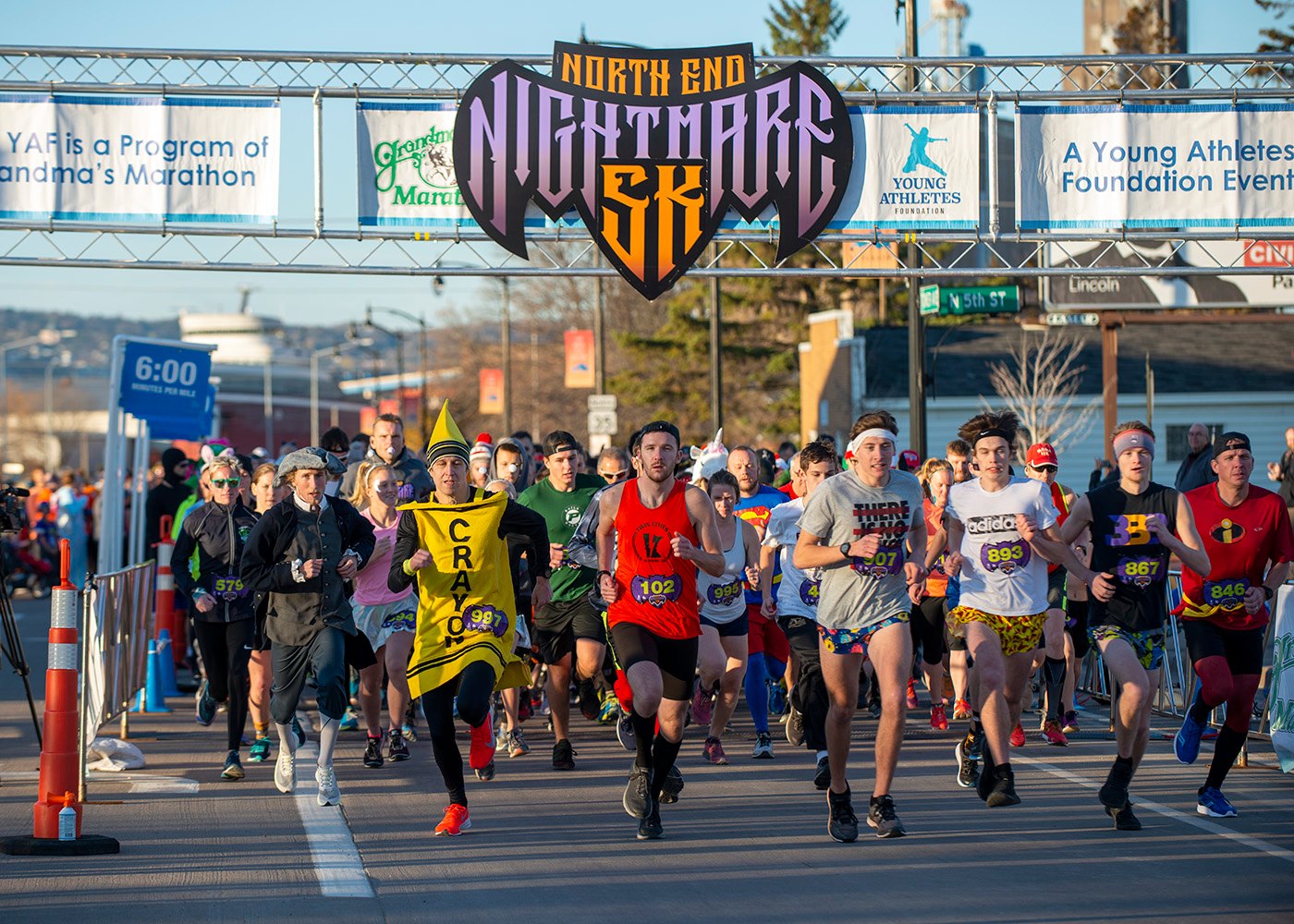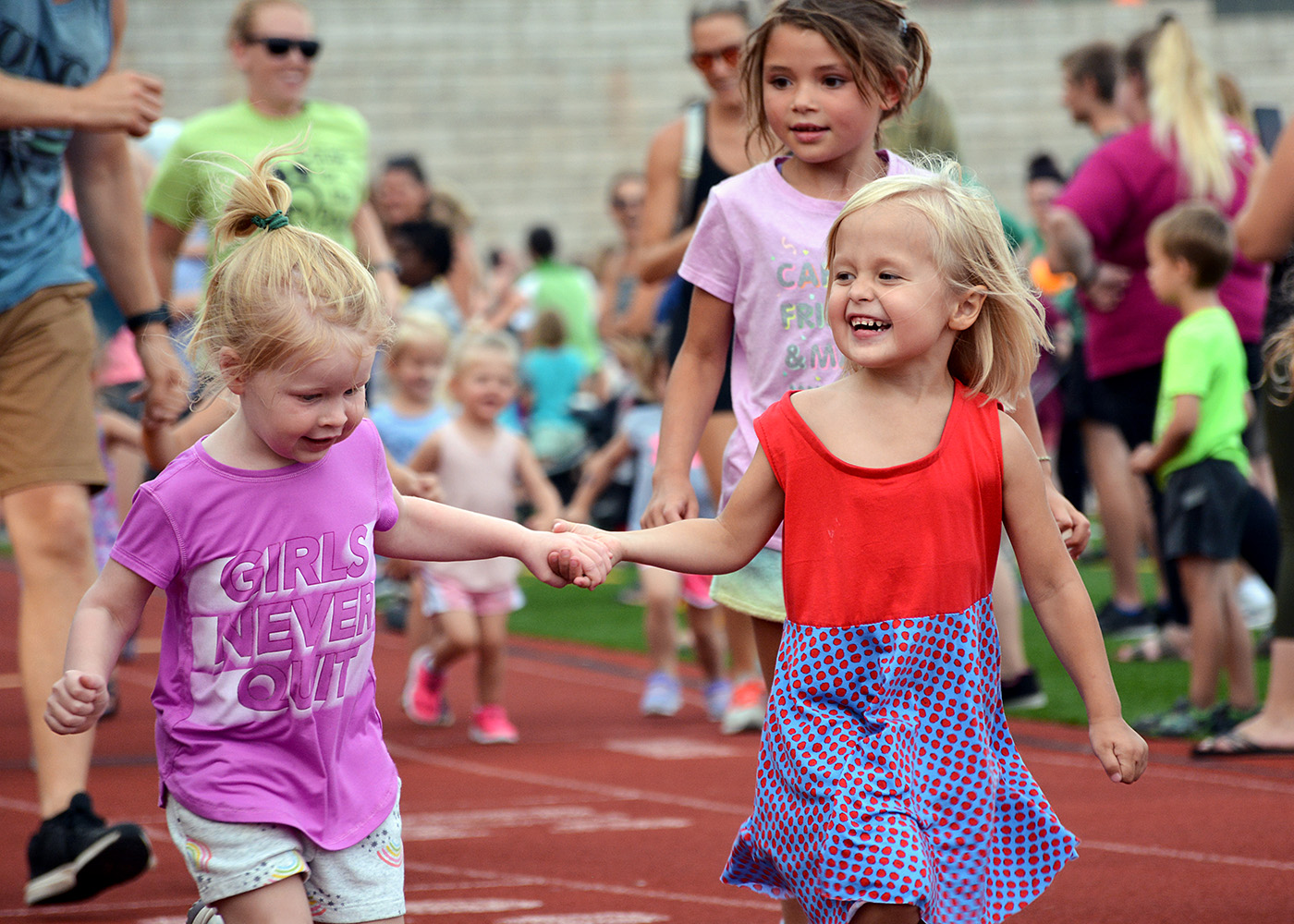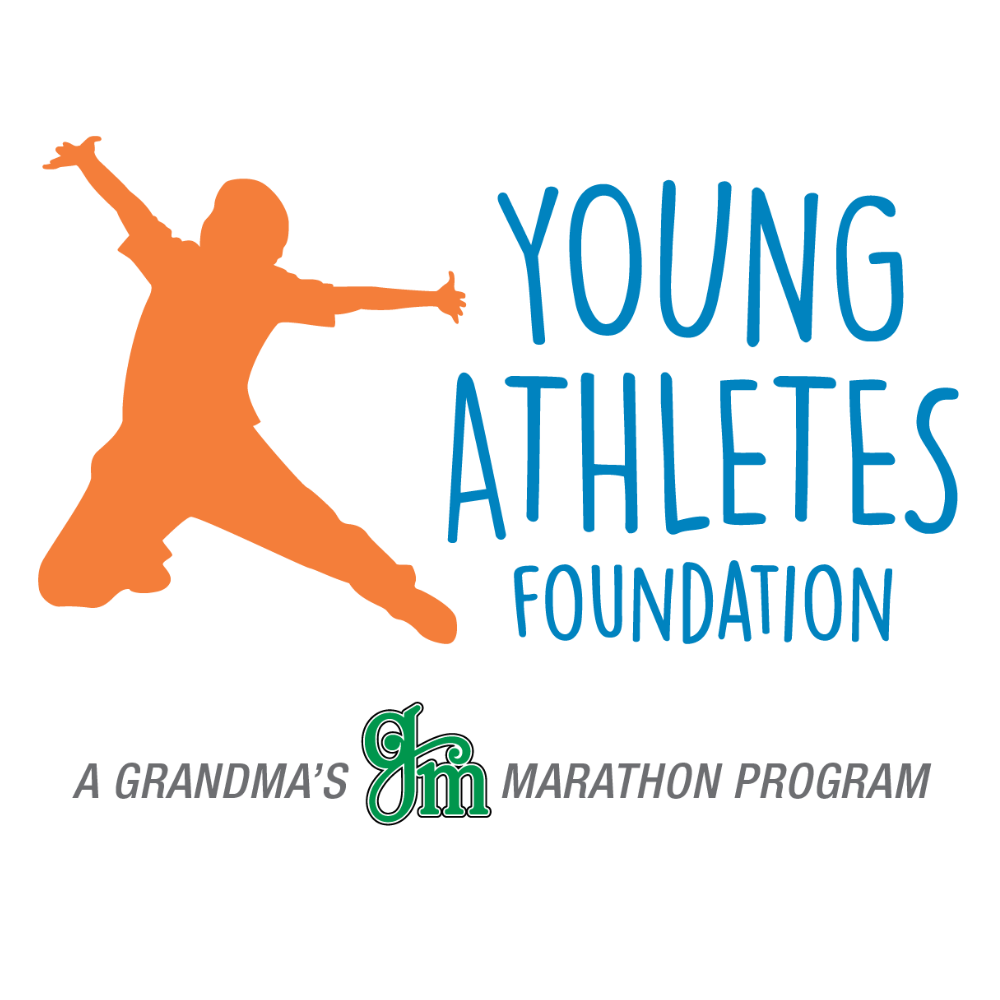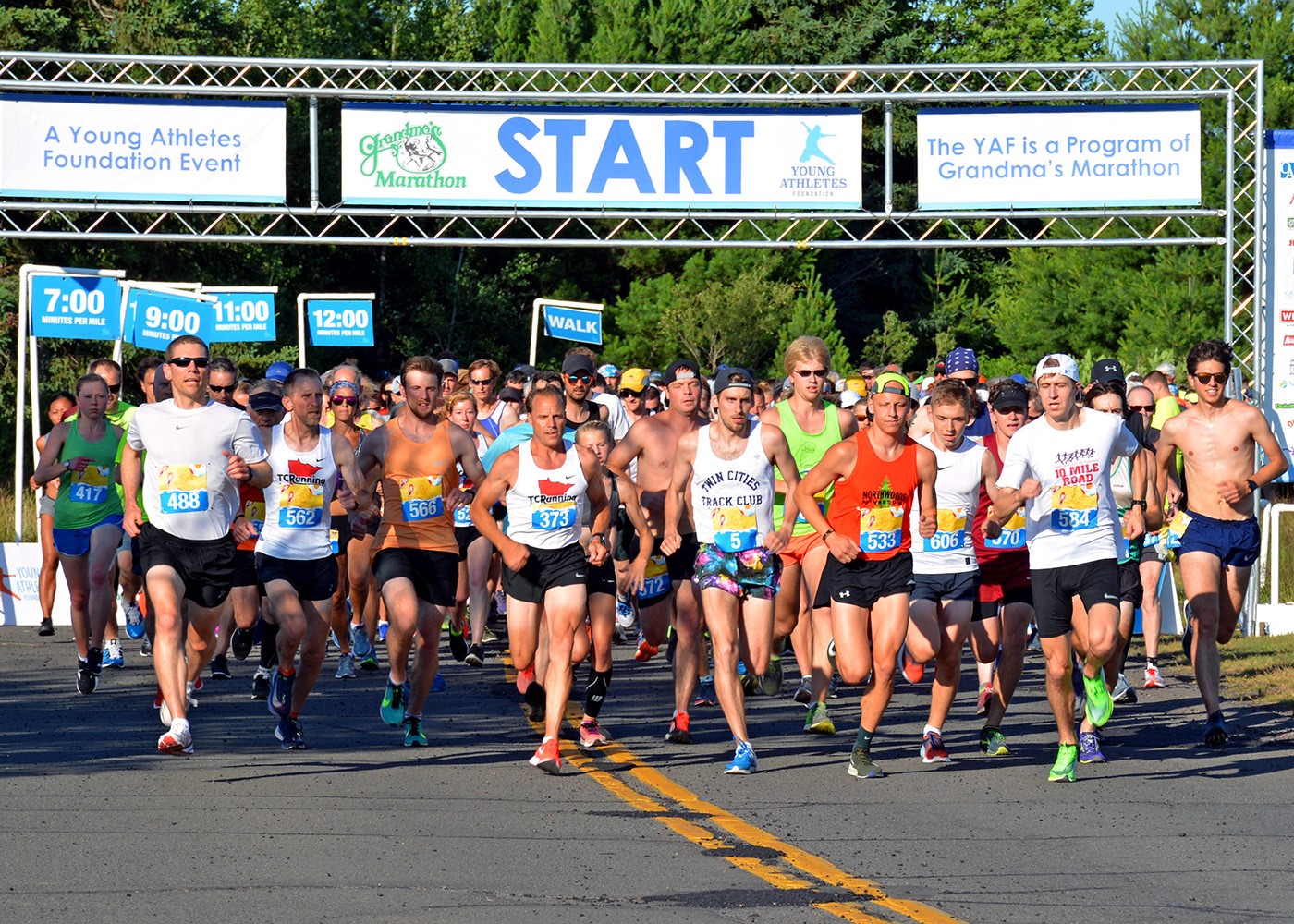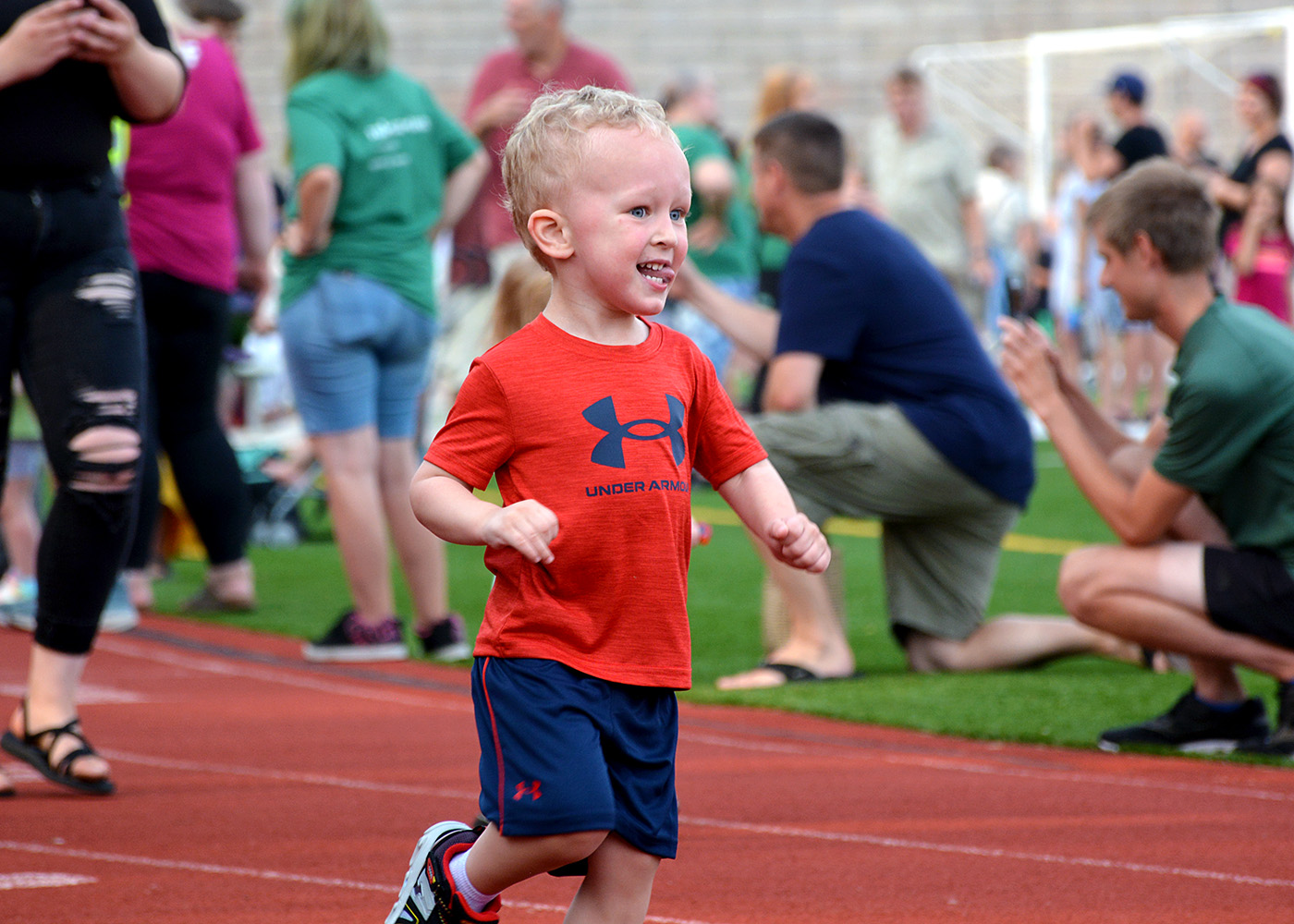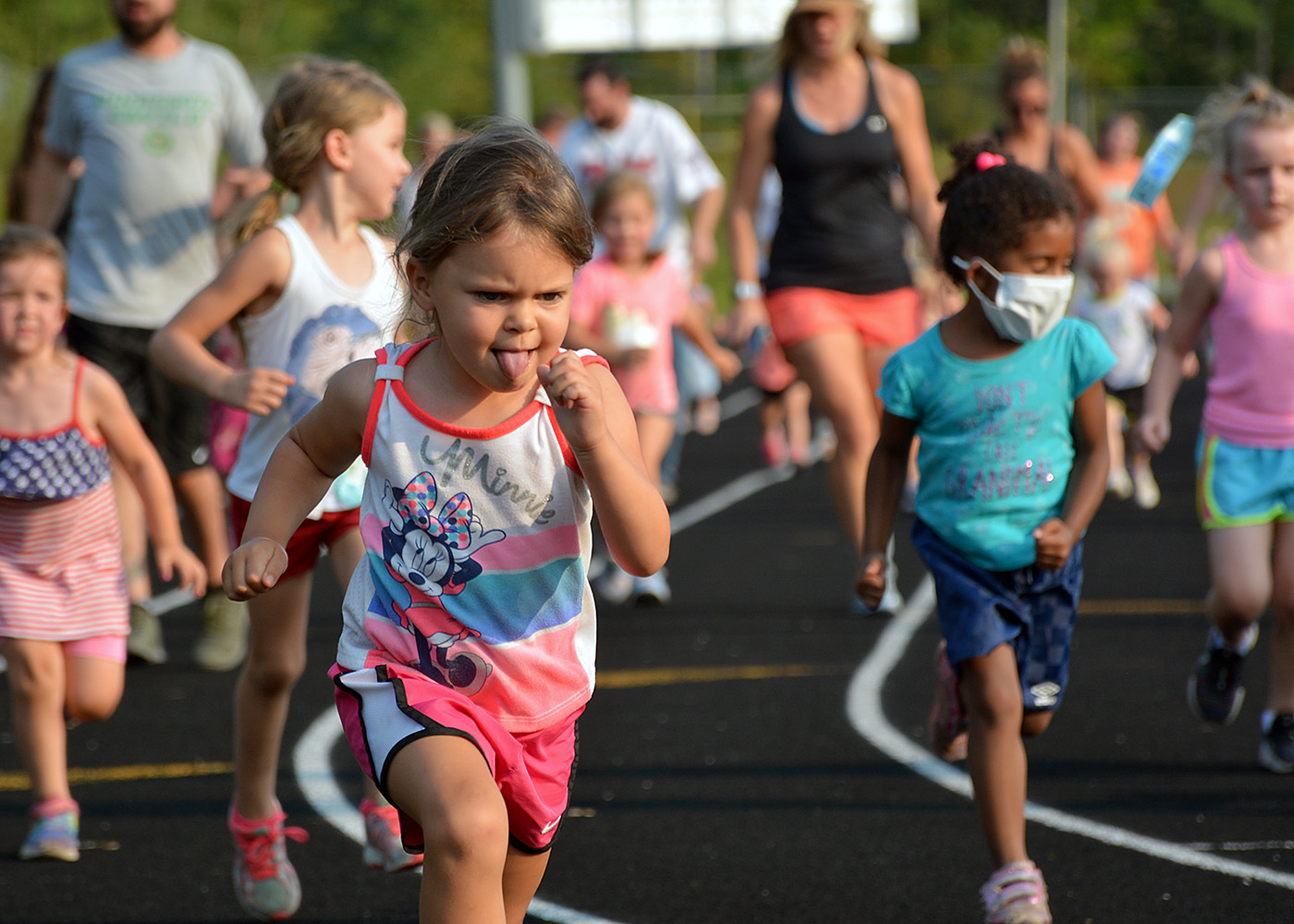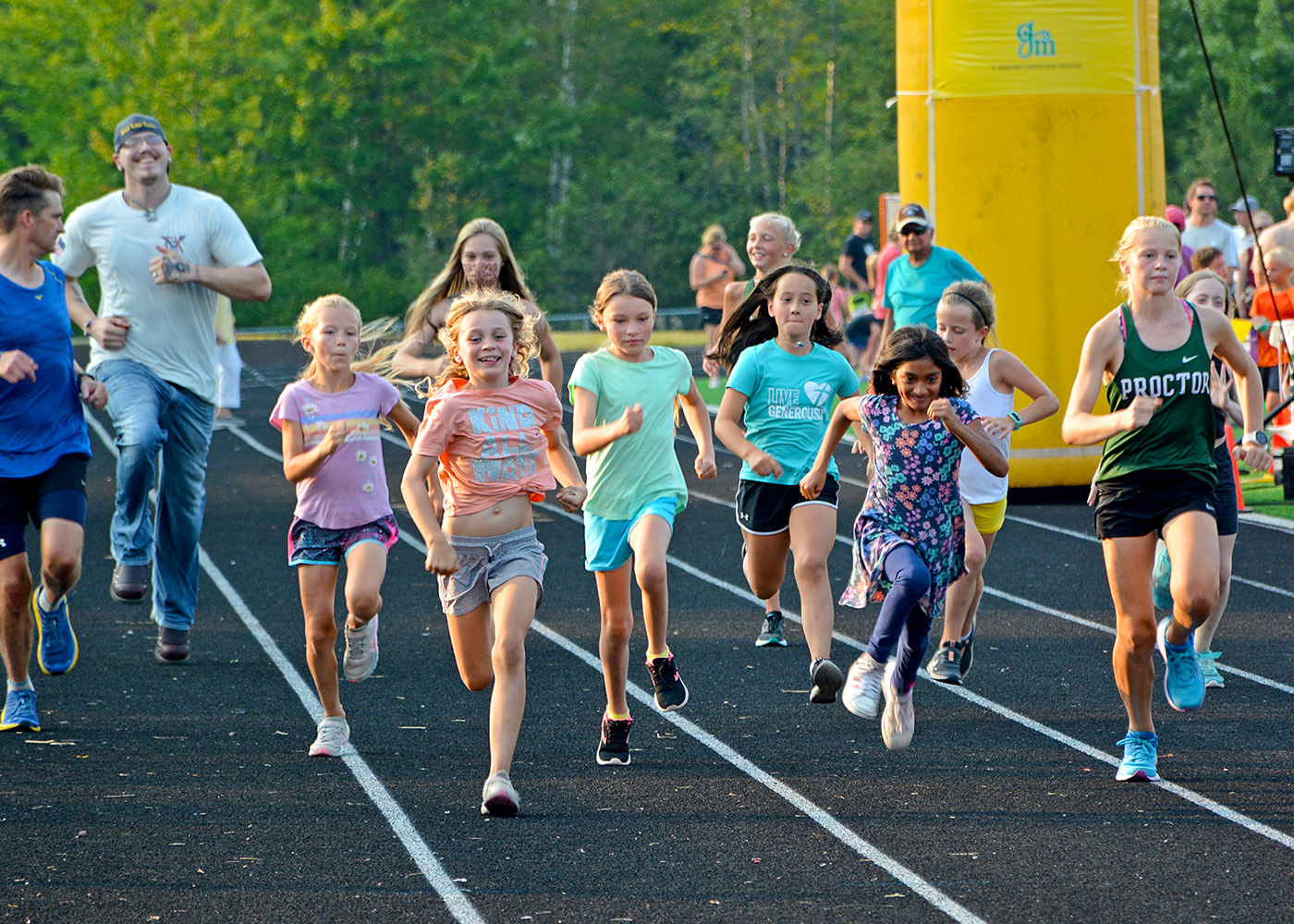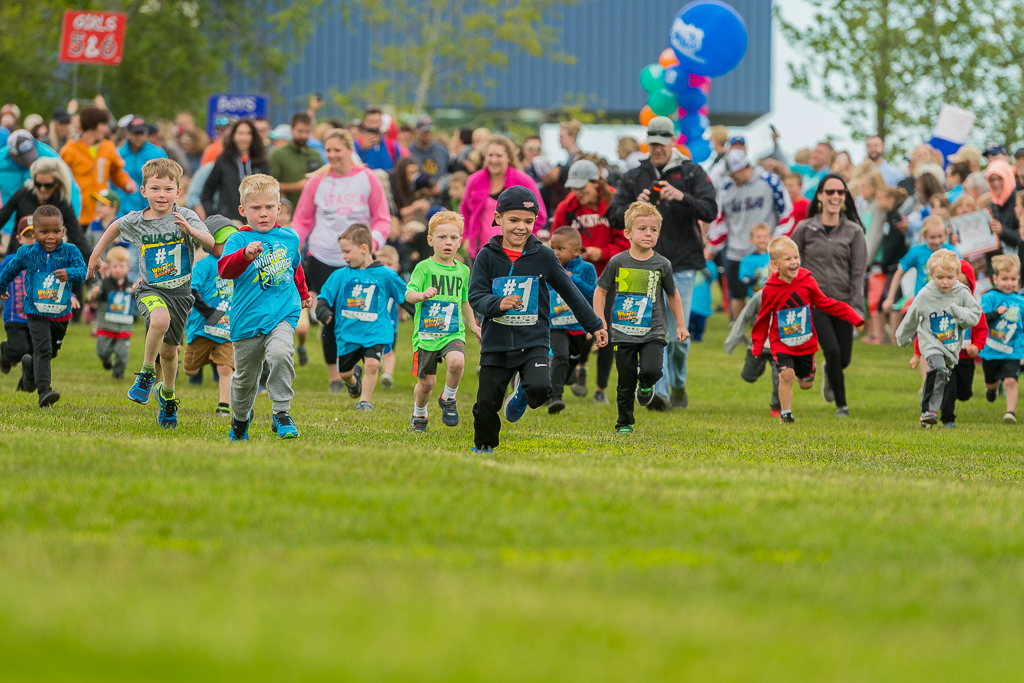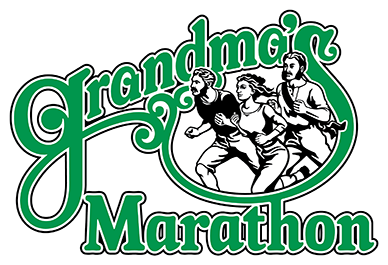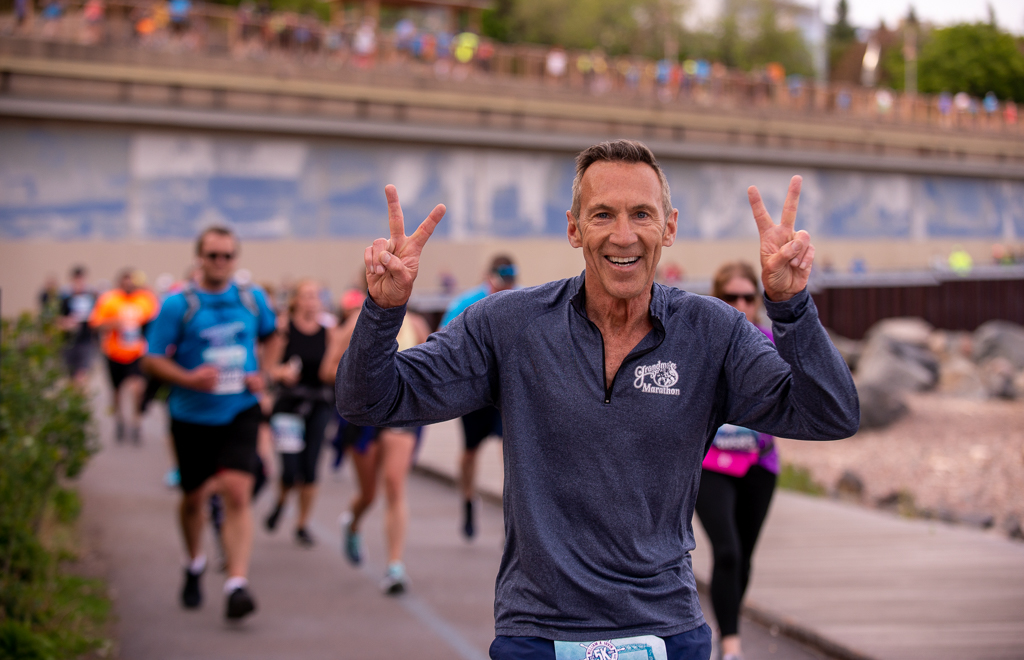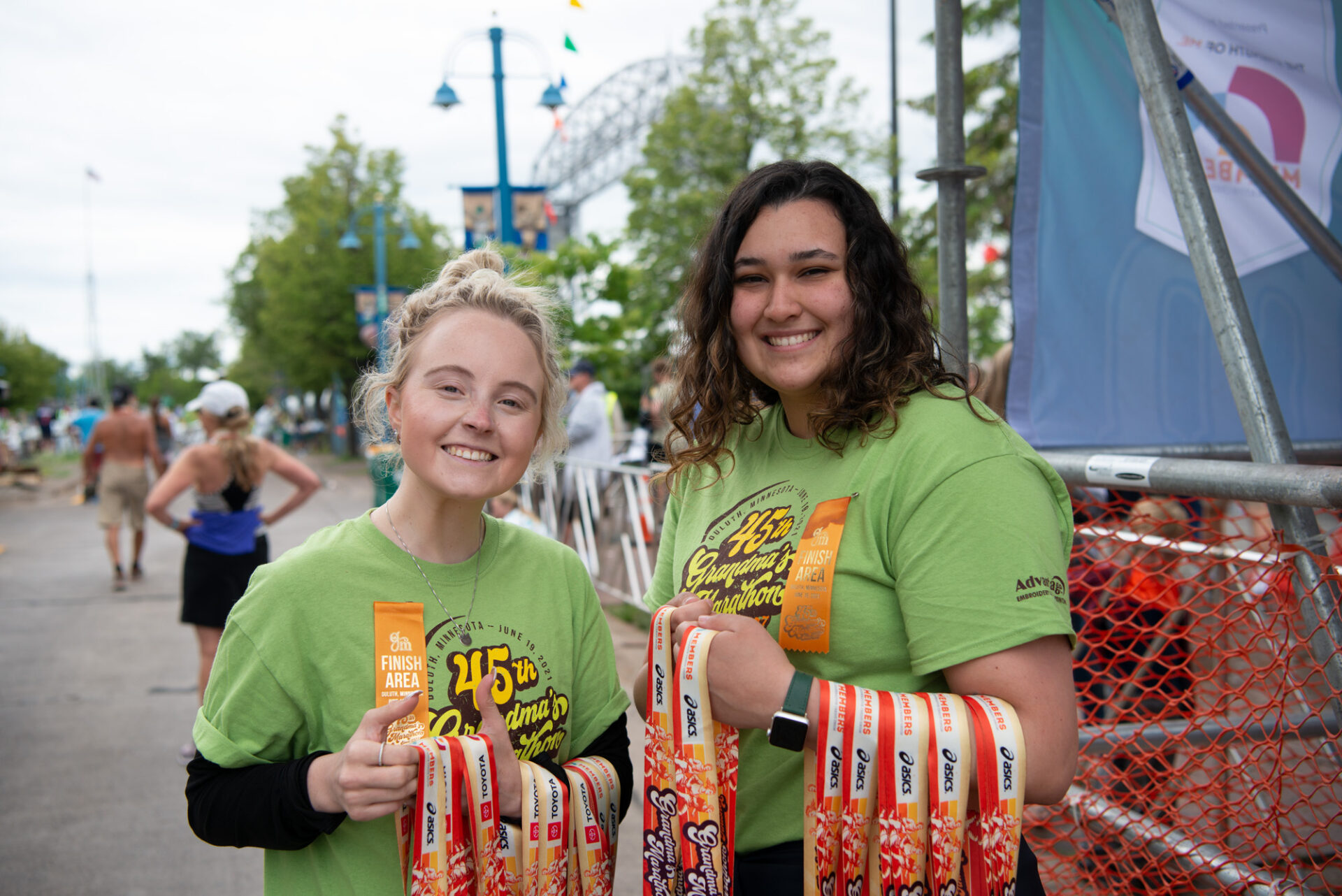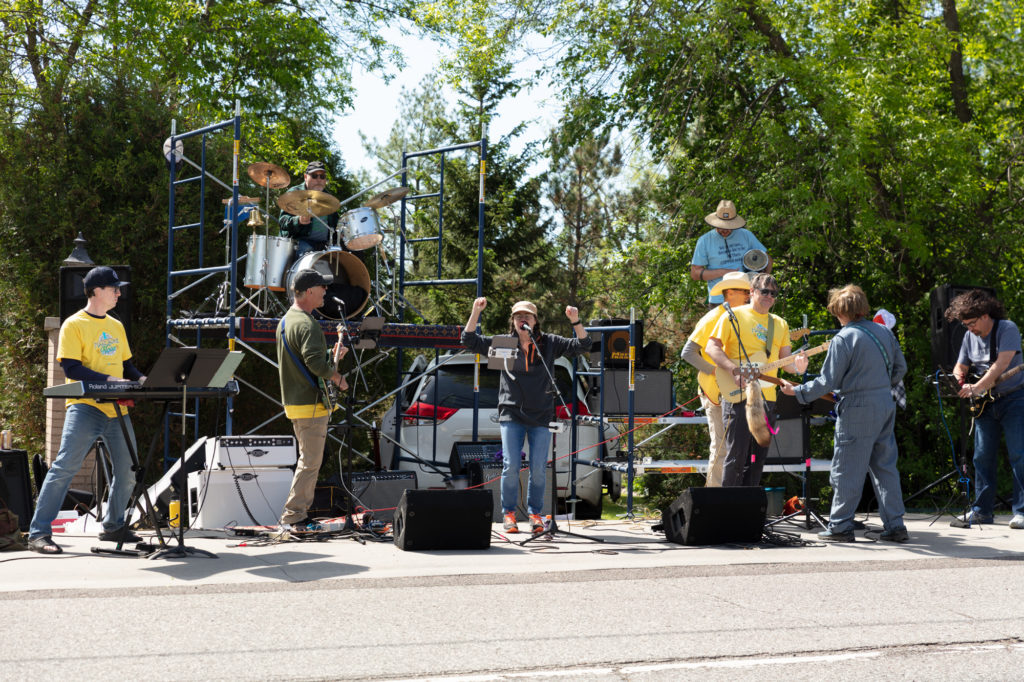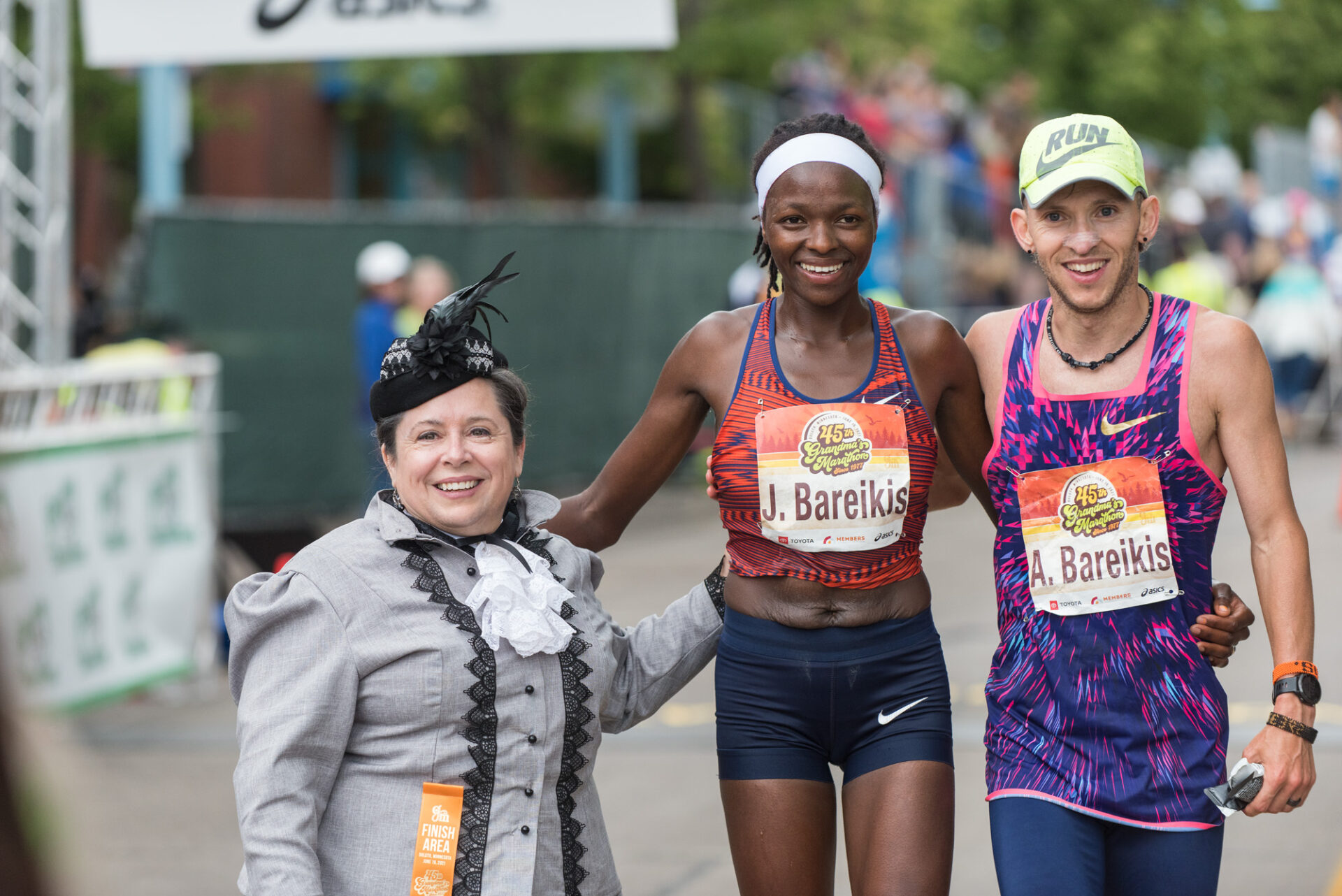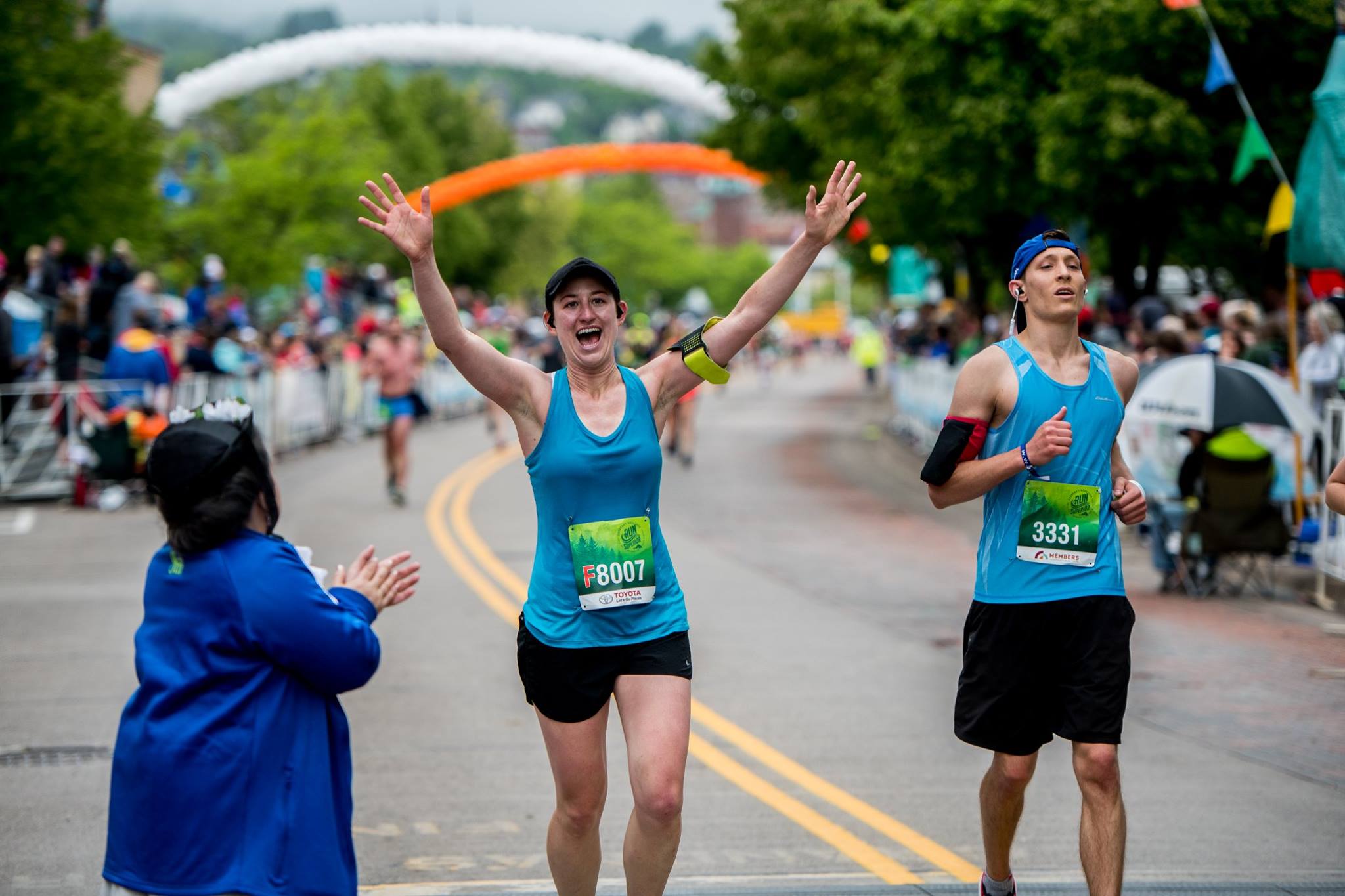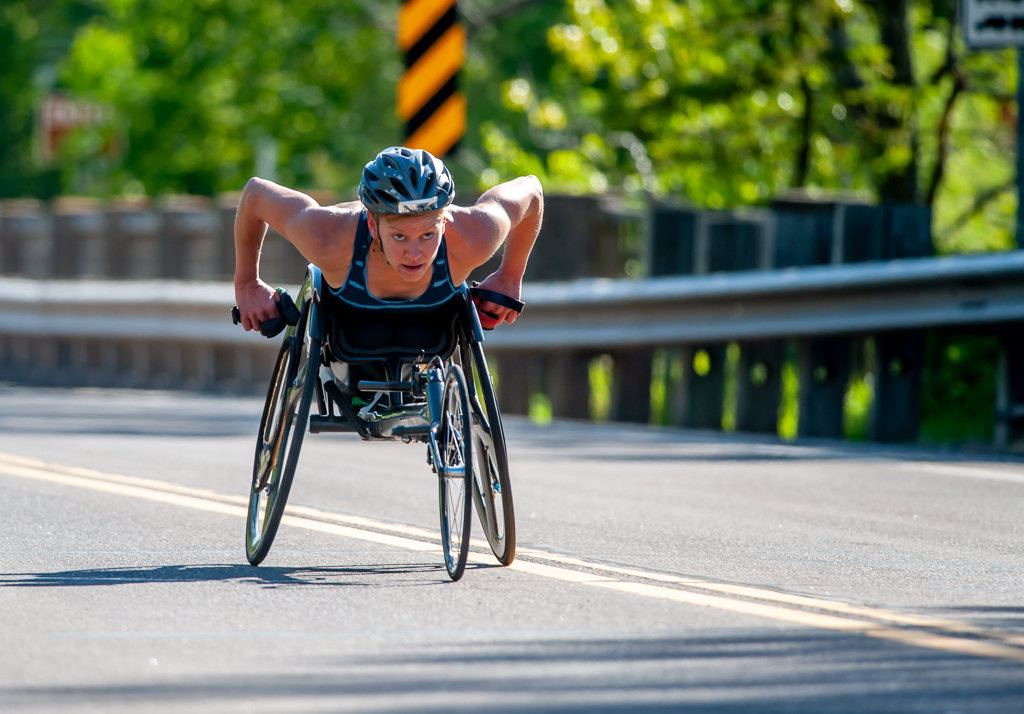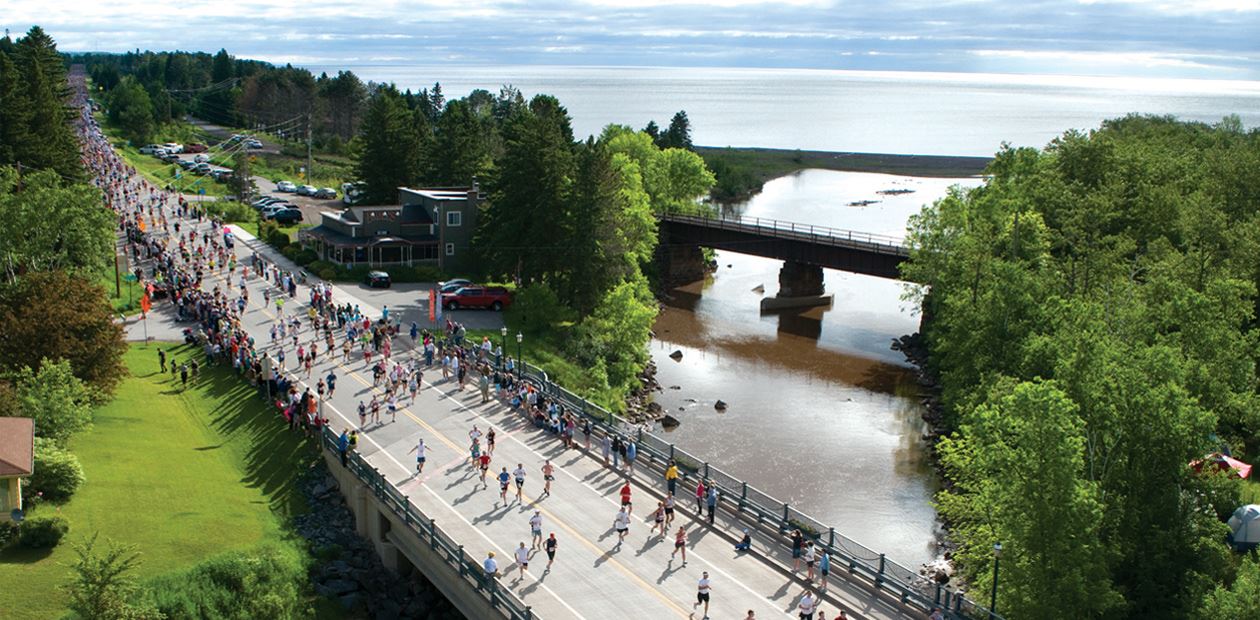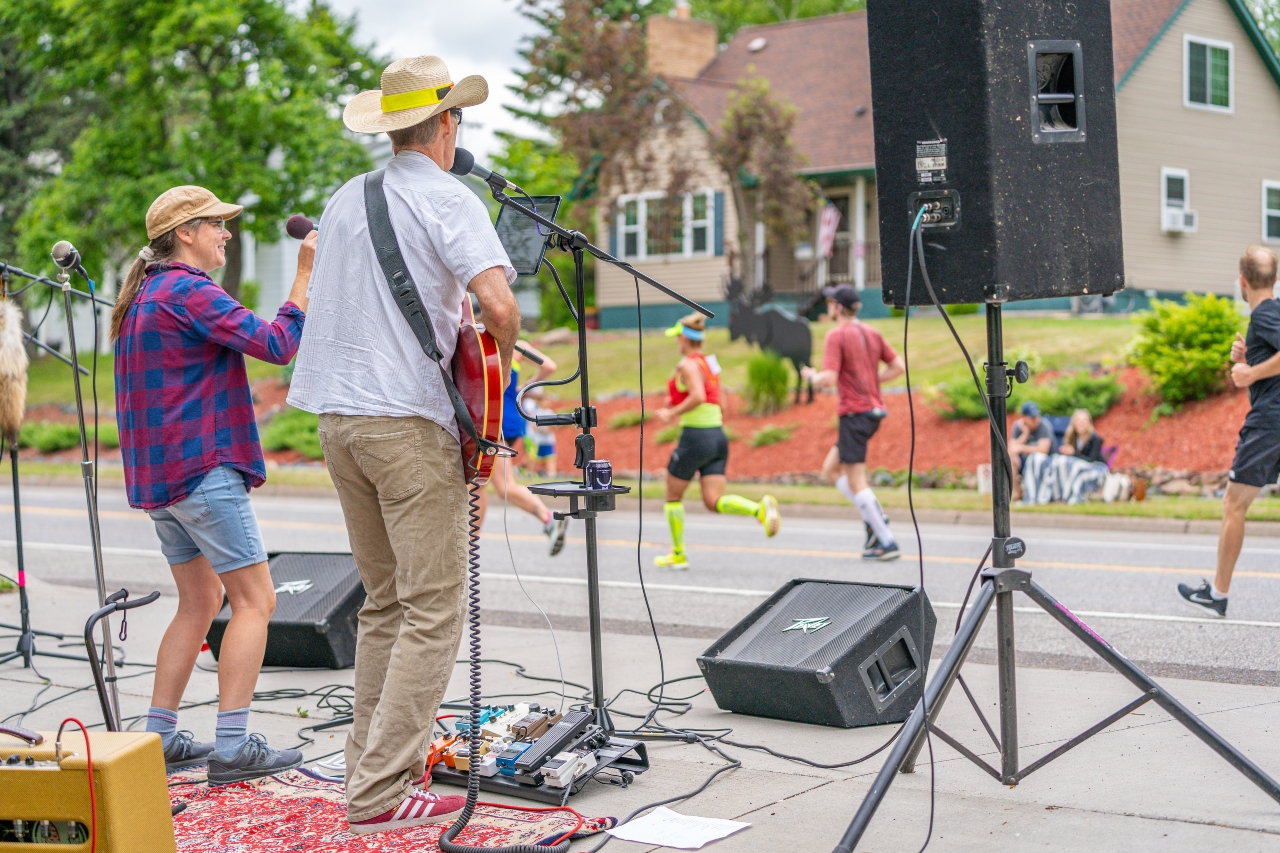When I got to the top of the hill, I was crushed. This was supposed to be a race—a run—and every last one of us had spent the last half hour or more clinging to a sheer cliff face, trying like hell not to fall backwards and, possibly, to our death. At the top, I sucked down half a liter of Coke, ate several pieces of cheese and deli meat and several strips of jerky, and stuffed a full-size bag of gummy bears into my waist pack. This is nuts, I thought.
Around three hours later, I had completed the 30K version of the Jahorina Trail Run, an isolated ultra marathon race in Bosnia where I was doing research that summer. My friend Paul was waiting for me at the finish line. “I can’t believe I just did that,” I told him, bowing to have my medal put on my neck by a local volunteer. “I do it every year,” he replied with his wonderful grin.
As a lover of the full marathon, I have a hard time fathoming what first made someone decide that 26.2 was somehow insufficient, that maybe we should run farther, harder, more. Ultras aren’t something I do much of, but I admire those who do. More than just admire it, I appreciate what I think we can learn from ultra culture that applies to running other distances. Below are a three examples of things I’ve taken from ultras and applied to my marathoning that are easy to do as you prepare to run Grandma’s.
- Sustenance is a key to success. I remember the first time I read Born To Run, I had an epiphany when Scott Jurek stopped mid-race to eat homemade hummus and pita. For so long, I’d dealt with the sick feeling that comes with sucking down chemical-based gels and garbage full of ingredients I can’t even pronounce. My friend Ryan, a college track and cross coach, has a simple message to his athletes: “If you know what it is, you can eat it.” I love that. I know what nuts are. I know what an apple is. Bread, beef jerky, hummus—all good. I don’t know what maltodextrin is, but it’s the first ingredient in a GU gel, which is a good reason not to touch that crap in my opinion. These days, if I carry food in a race, it is typically homemade trail mix. Feel free to ping me for my recipe.
- Speed kills. In Run Forever, Amby Burfoot emphasizes “minutes, not miles” because, as he points out, if you are measuring miles, you are also measuring speed. He also points out that speed stops your fitness progression while increasing your risk of injury, failure, burnout, and more. Some ultra-runners do run to win, but more of them seem to be out there to prove a point to themselves, to do something that the vast majority of humanity can but does not do, and this is a far healthier way to look at running than seeing how quickly you can get it done. To paraphrase Burfoot, when you cross the finish at Grandma’s Marathon in June, you won.
- Recover isn’t optional. We all need different things and are prone to injury in different ways, but we are all in need of recovery if we want our bodies to continue to perform. That can include rest, yoga, massage, stretching, getting extra sleep, time in the pool, and tons of other things. If you’ve properly trained for a marathon, you’ve worked exceptionally hard for a period of many months. In the wake of that training, it’s easy to get excited and want to run another race right away. There’s no set formula for recovery and each of us is different, but be sure you take the time you need to recover to help avoid injury and burnout, not just after every workout, but also when the race is done.
I finished the Des Moines Marathon the day after finishing the KC Marathon, something we call the I-35 Challenge, and looked at the top of my neon green shoes wondering how I managed to bleed so much through a sock and out the top of my shoe. I’ll spare you the details (you’re welcome). Six weeks later, I came across the finish line at the Quad Keyah having run four full marathons in four different states at serious elevation on rocky singletrack over the course of four consecutive days. I felt like a demigod, and I looked like a carcass. It was the single greatest race I’ve ever run.
The Quad Keyah is held at Four Corners on the Navajo Nation each December, and is easily the most challenging race I’ve ever even heard of. Each day we’d run a different, rocky, hilly course, praying that the wind would go down, the sun would stay with us, and that it wouldn’t snow or rain. When we finished, we’d return to our hotel, shower off the blood and dirt, lounge in the hot tub until we felt vaguely ok again, then head into Cortez, Colorado to eat a massive dinner. After we ate (and ate and ate), we rubbed out our muscles, did various yoga poses to the best of our ability, and used air compression on our legs. In the mornings, I consumed enormous plates of biscuits, gravy, and scrambled eggs, eating cups of noodles, granola bars, and fry bread during each run, and still ended the four-day race with a calculated calorie deficit of over five figures.
I spent those four amazing days eating a ton of real food, enjoying my surroundings while chatting with other runners (instead of running for speed), and devoting more attention to recovery than I ever had before. These simple, almost obvious practices that I’ve gleaned from my interaction with ultra culture are easily applied to marathoning, and if you take them to heart your experience at Grandma’s is sure to be better than it might have otherwise. Good luck with your training. I’ll see you in Duluth!
Mark

Mark Gudgel
Follow Him on: Instagram
Favorite Grandma’s Marathon Memory: In 2022 I crossed the finish line at Grandma’s having completed my first full marathon since 2008. I was cramped so badly that I was afraid to sit down for fear that I wouldn’t be able to get back up. That said, I had proven something to myself, and it was so fulfilling that since then I’ve been averaging eight to ten marathons a year–with minimal cramping, I might add!
Quote that guides, inspires, or embodies your training, racing, or life: We don’t stop running because we get old. We get old because we stop running.
Song that must be on your running playlist: “The Only Way I Know” by Jason Aldean
Favorite post-race beverage: craft beer at the finish line, Champagne in my hotel room
Running superstition: If I miss my run, it’s like the worst hangover in the world. I’m useless all damn day after that.
2025 running goal: Average a marathon a month, guiding blind runners in as many as possible, and pacing others.
Three words to describe your training, racing, or life: Indefatigable, inimitable, and inspired

